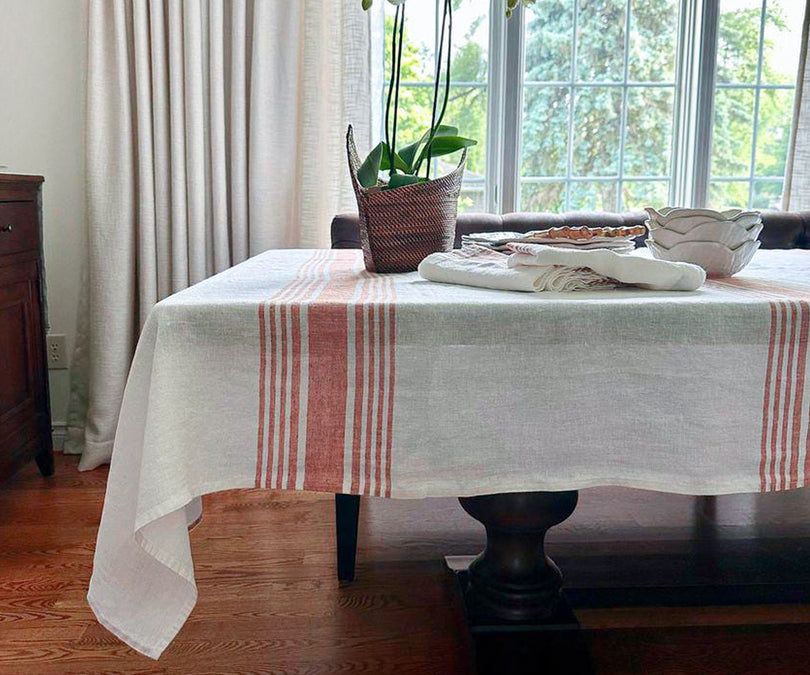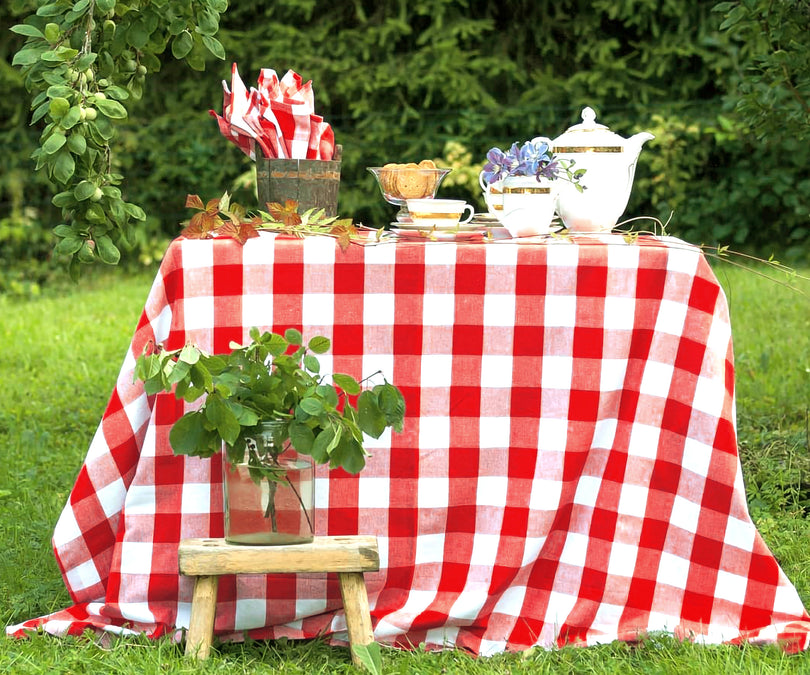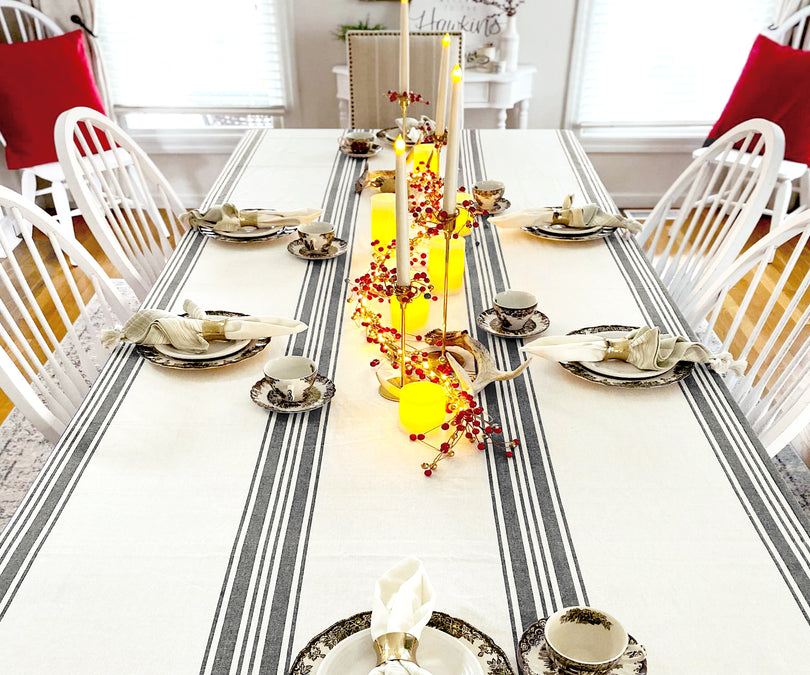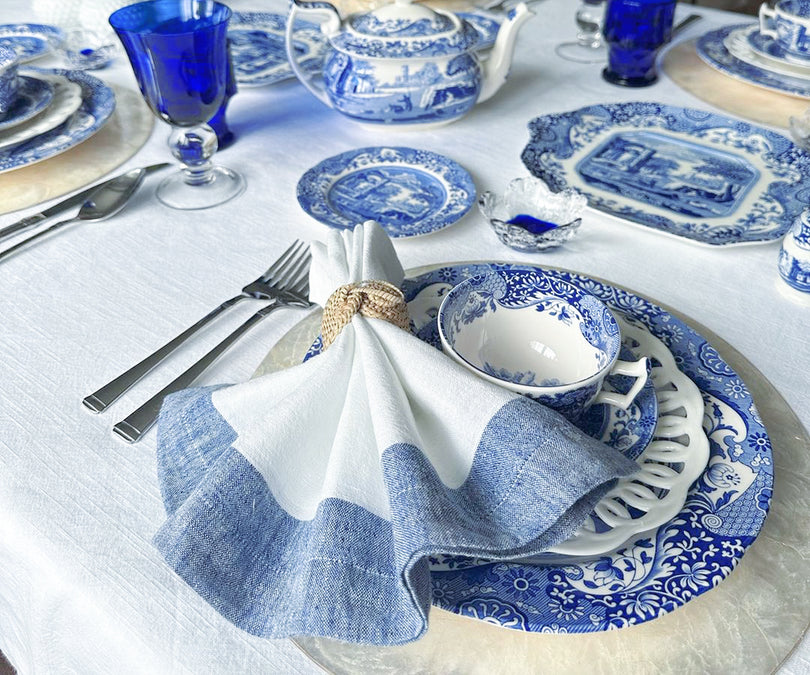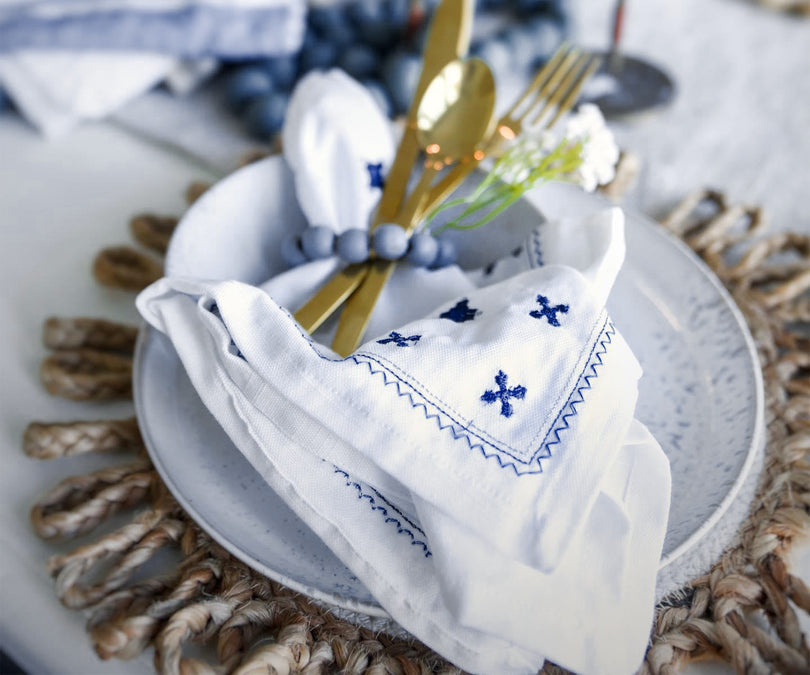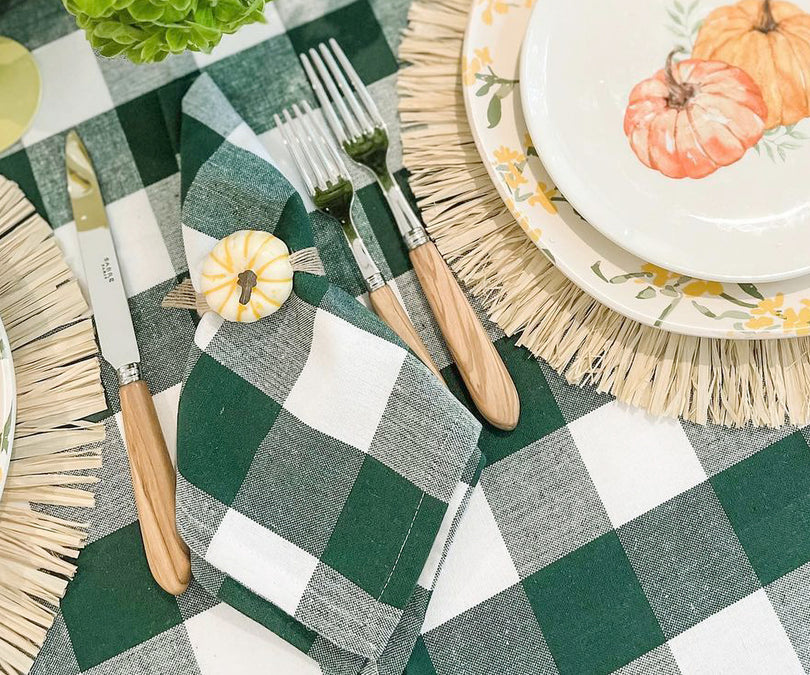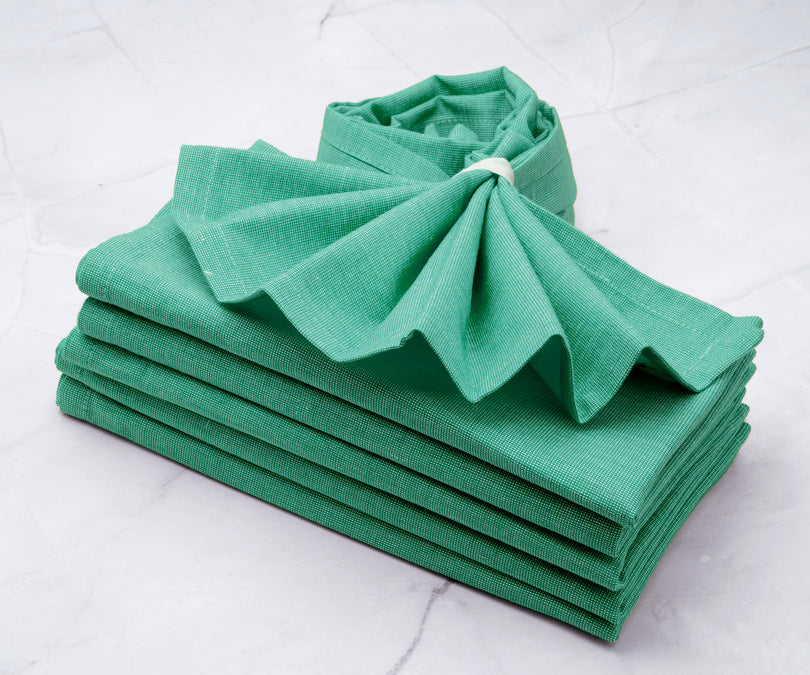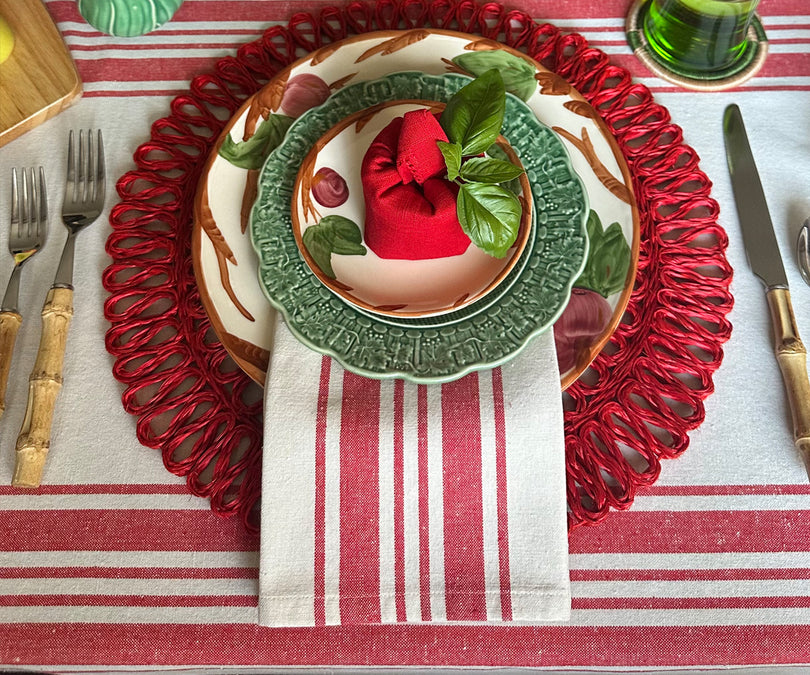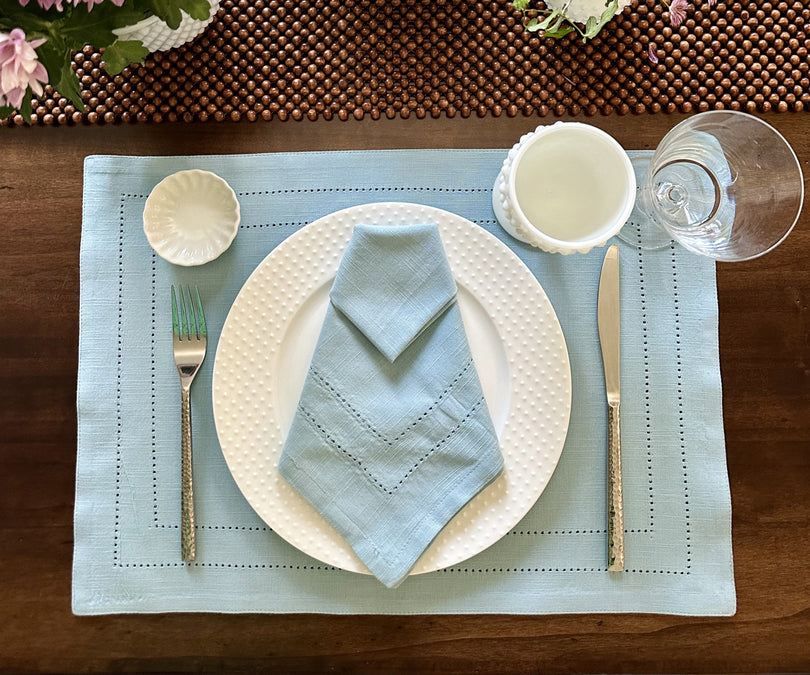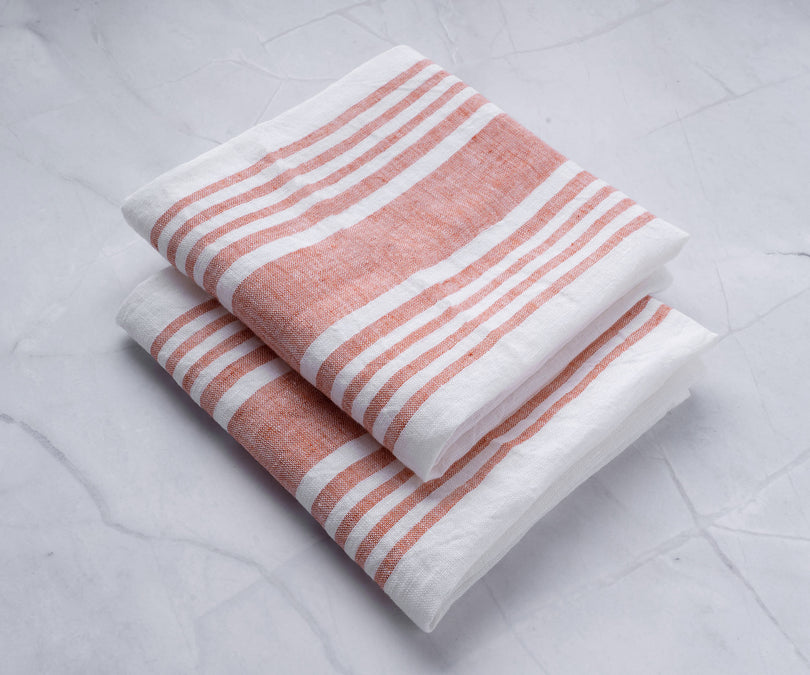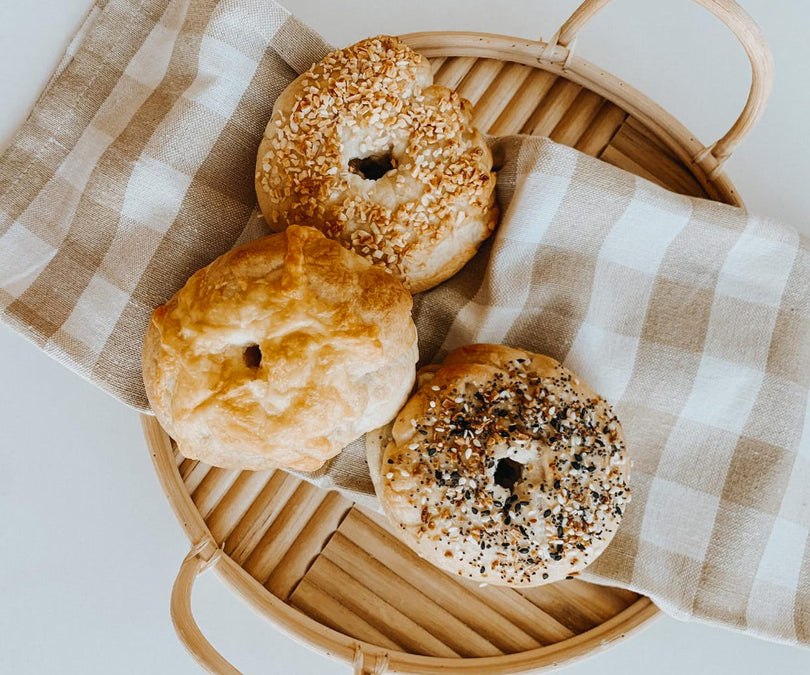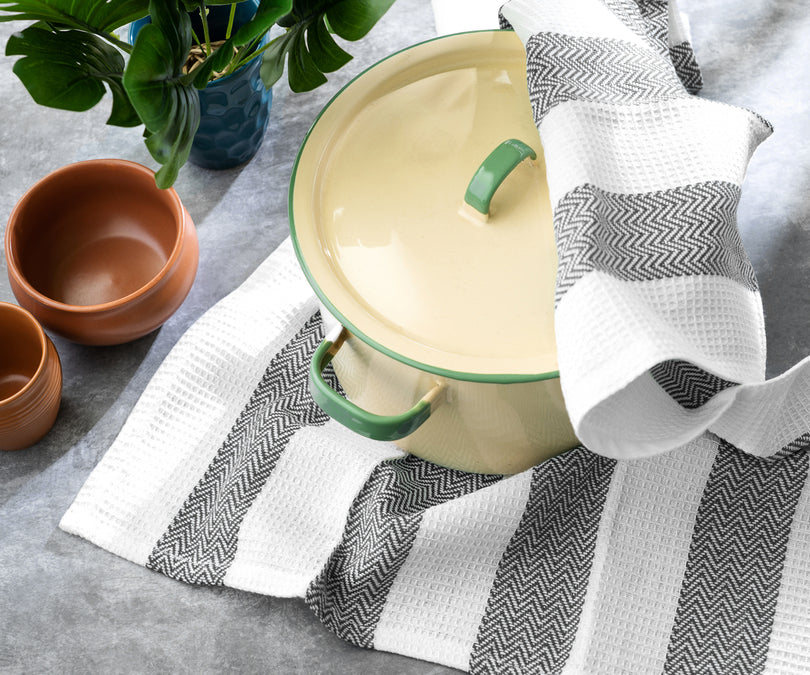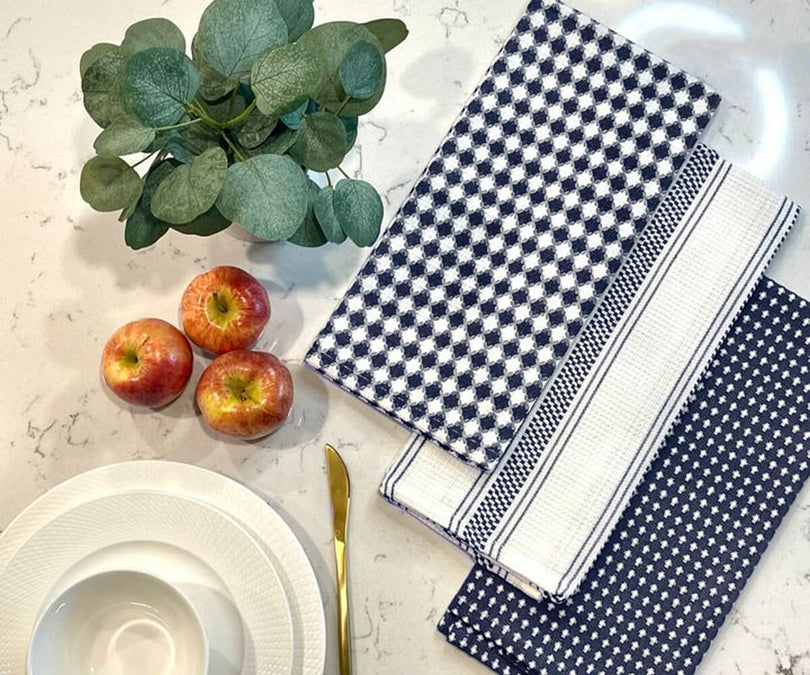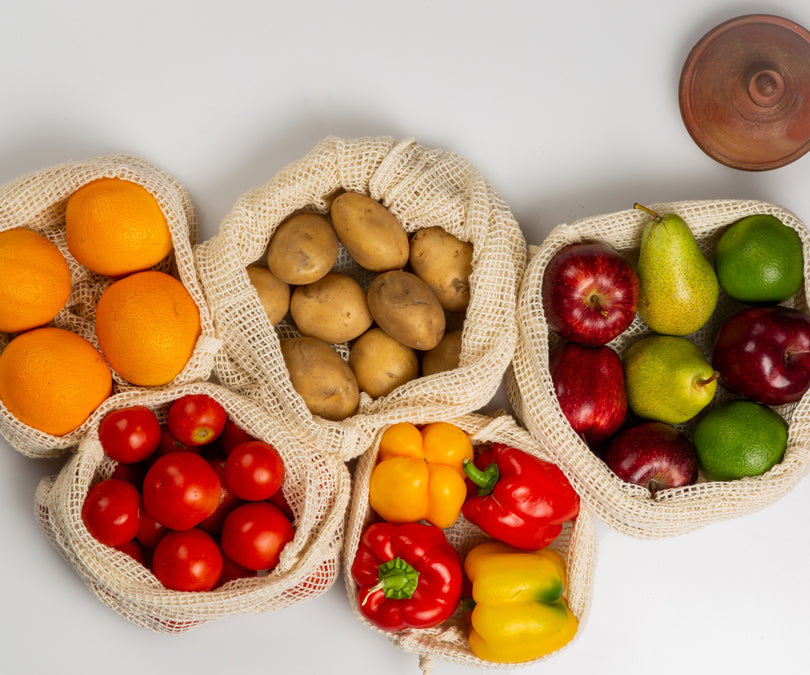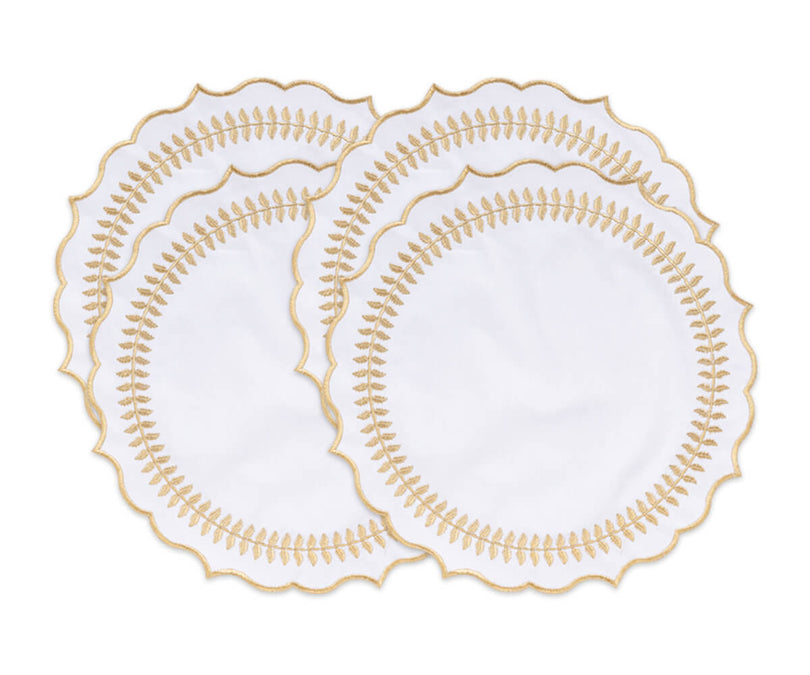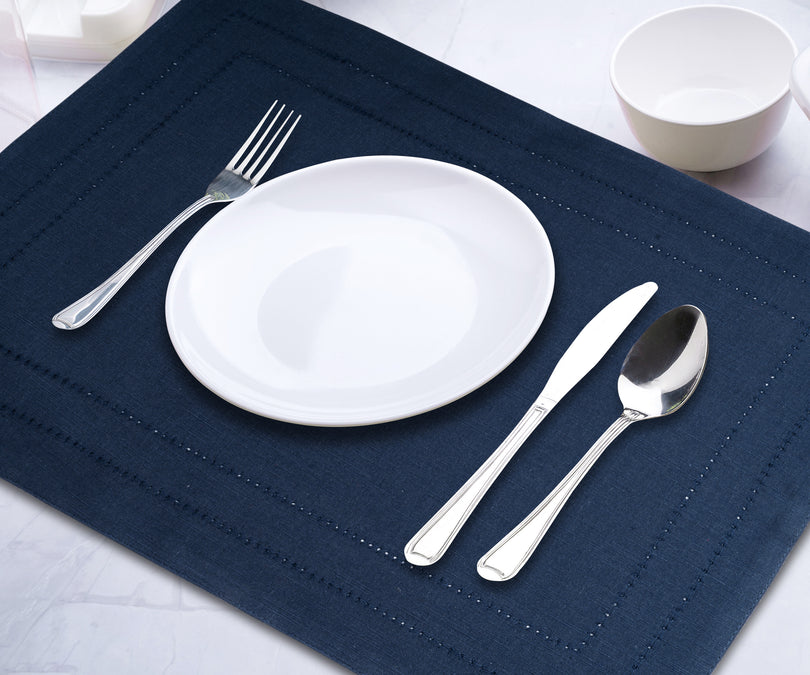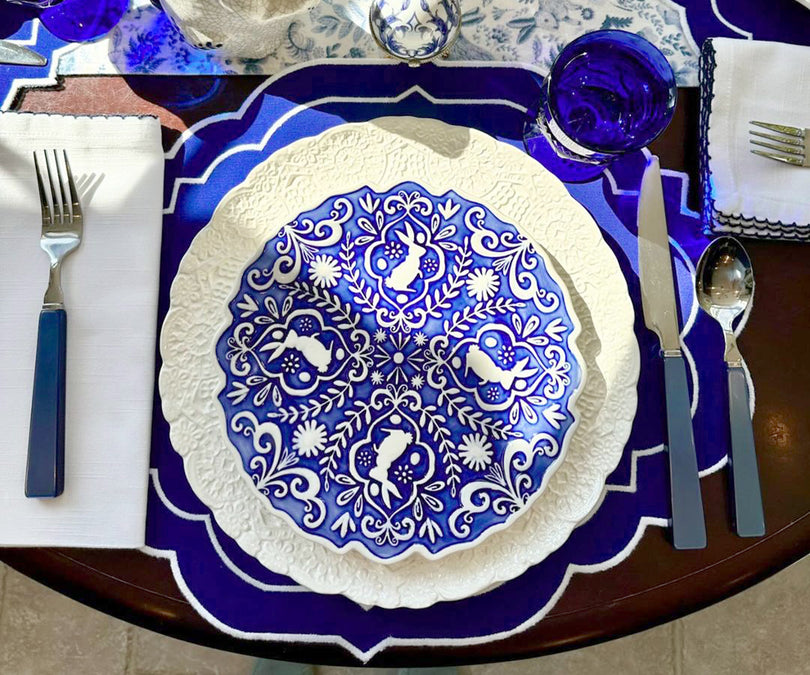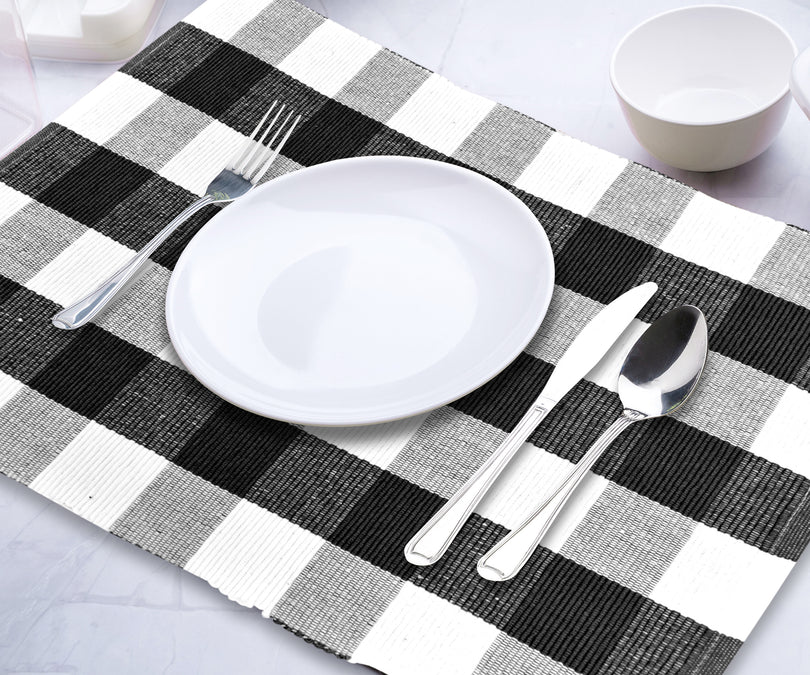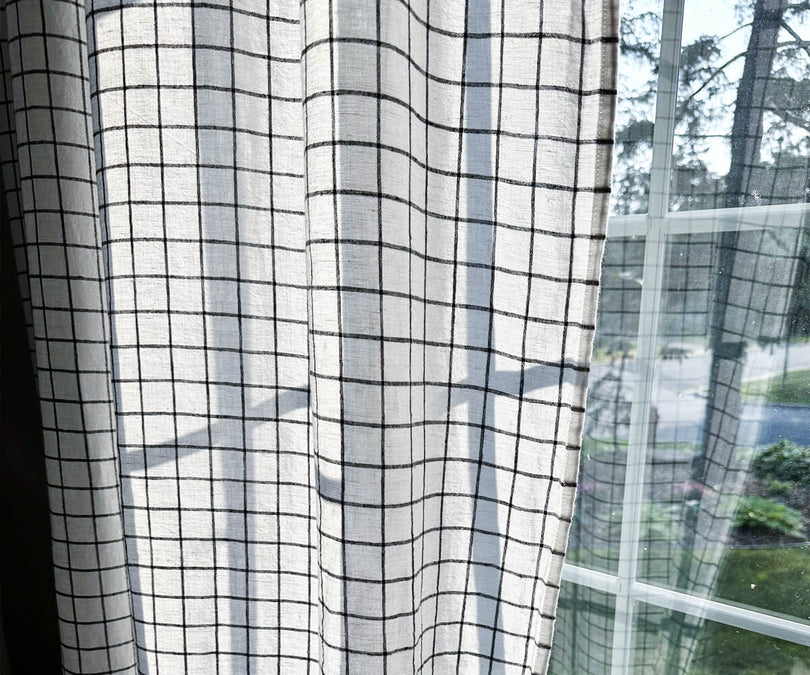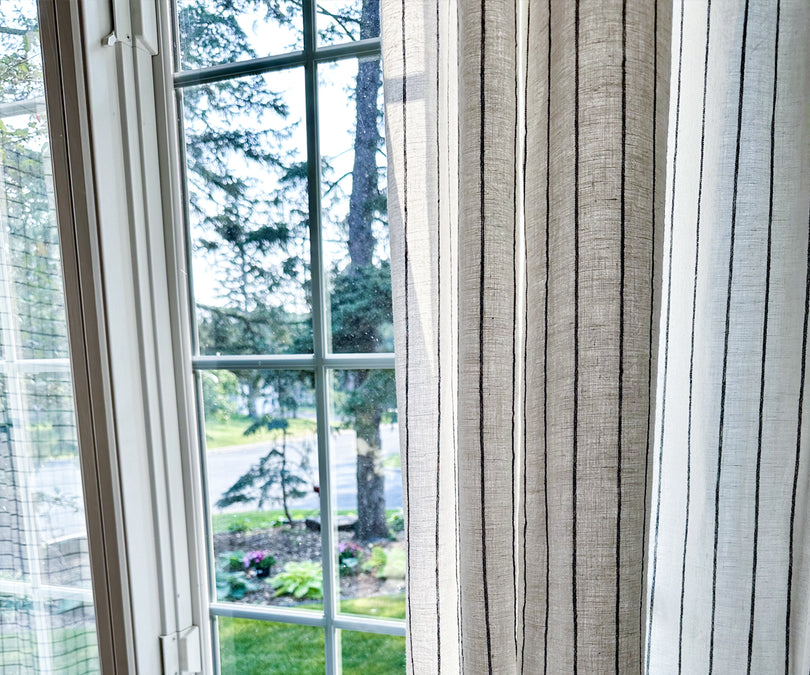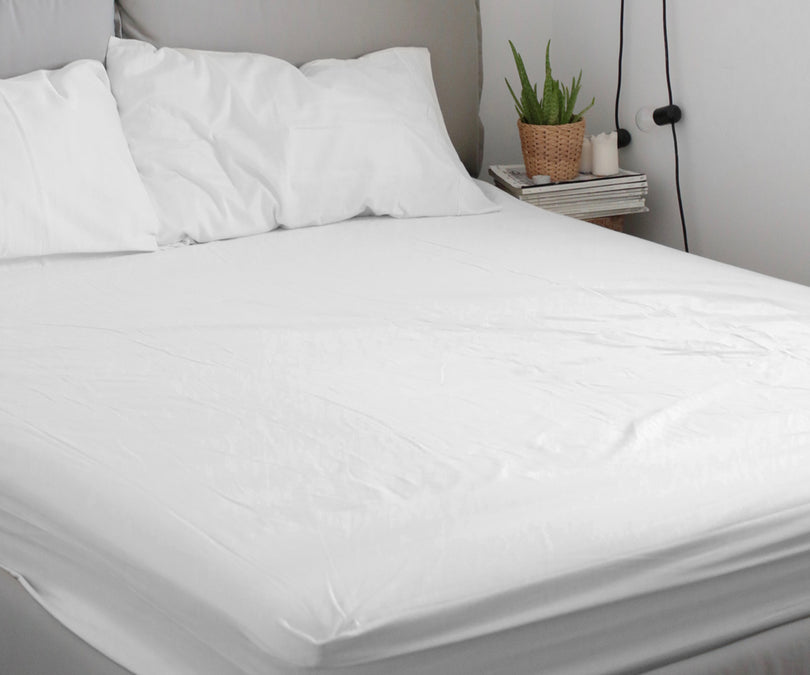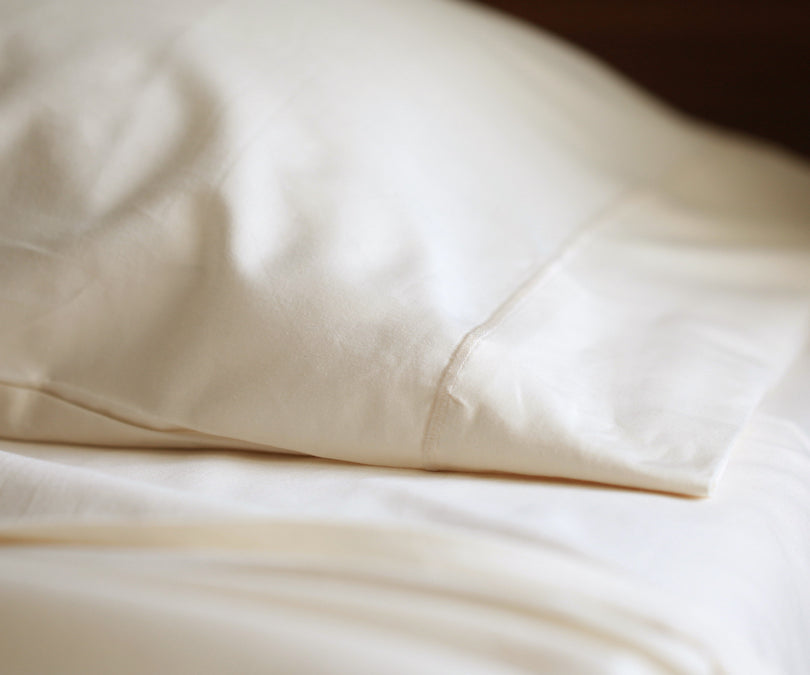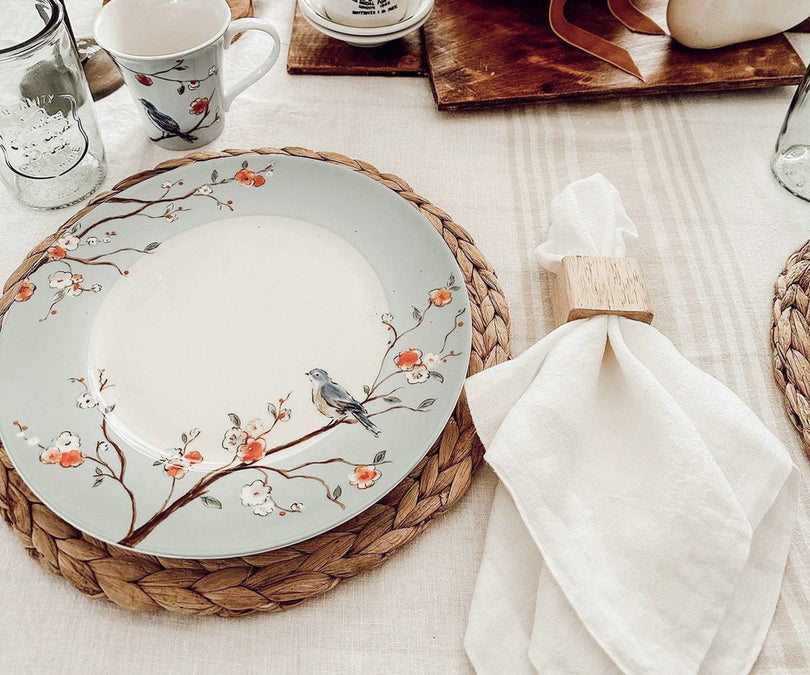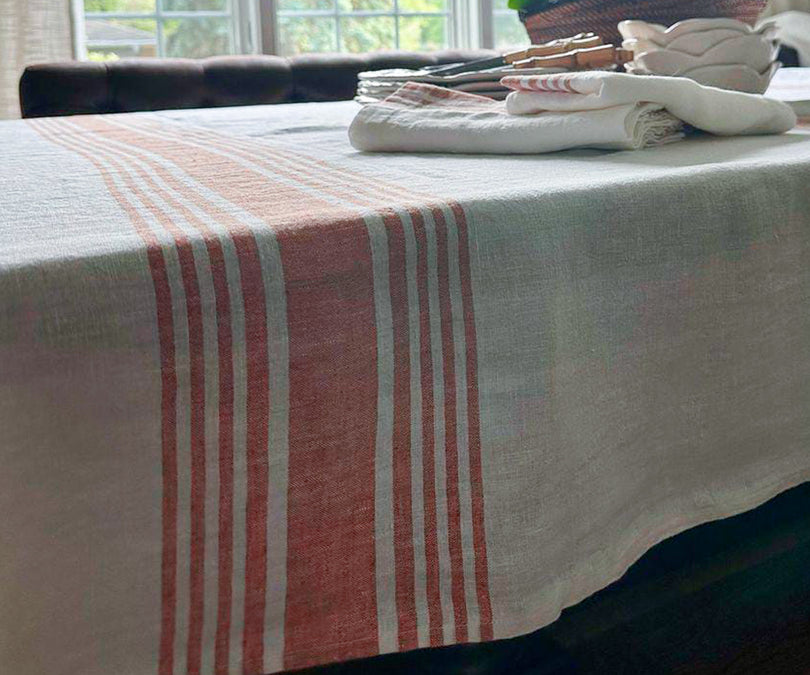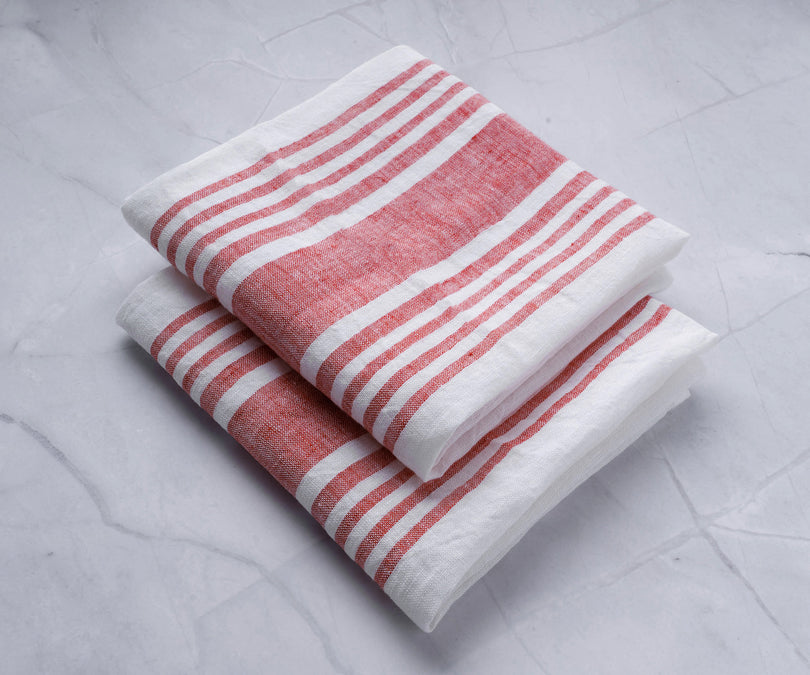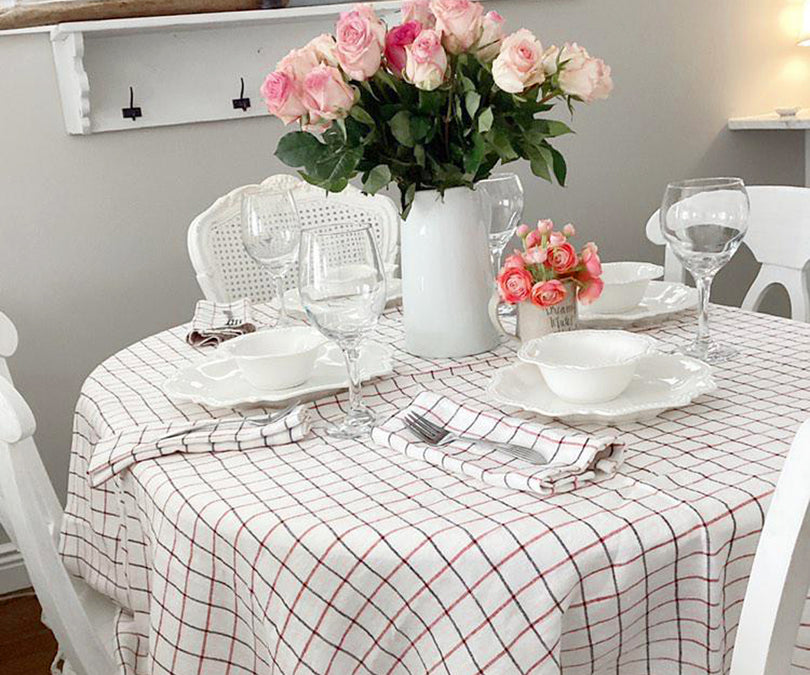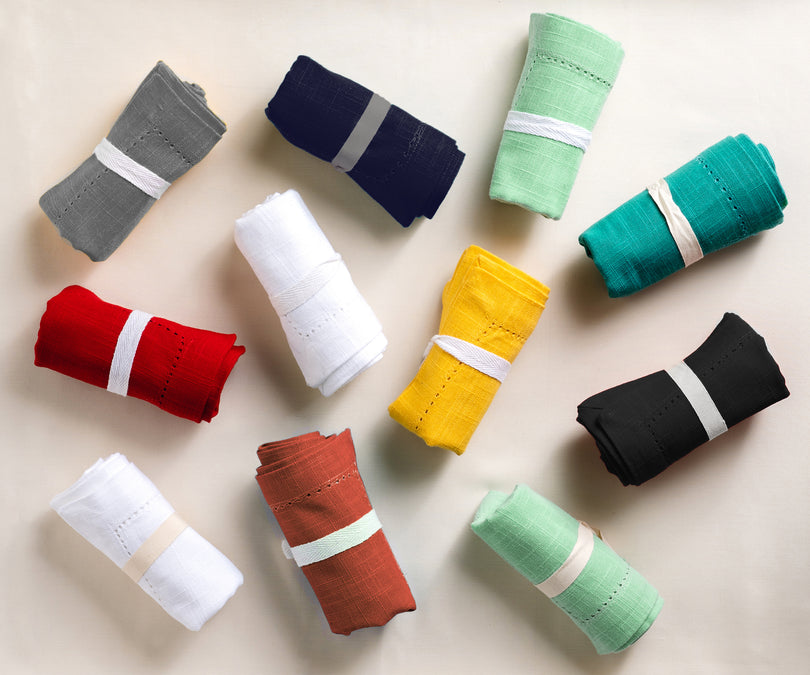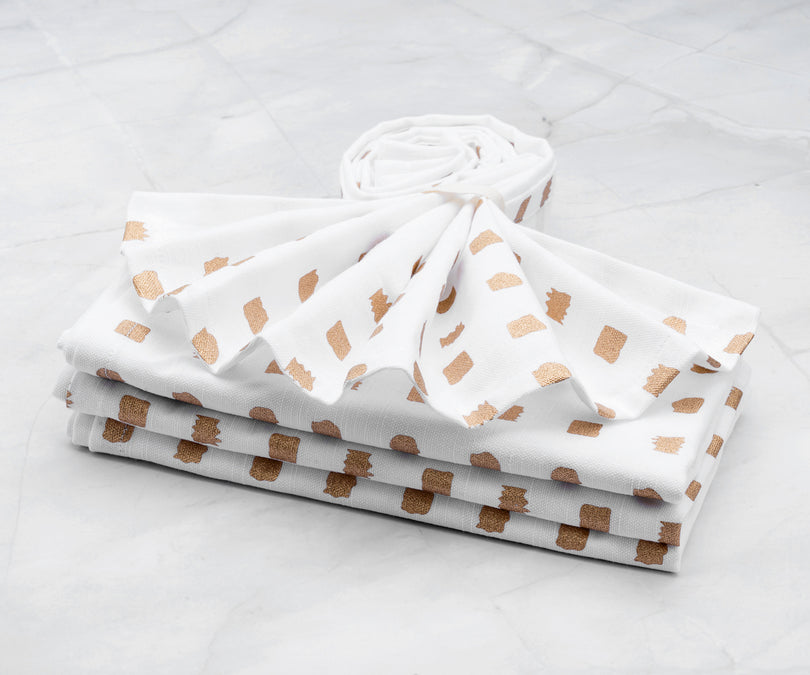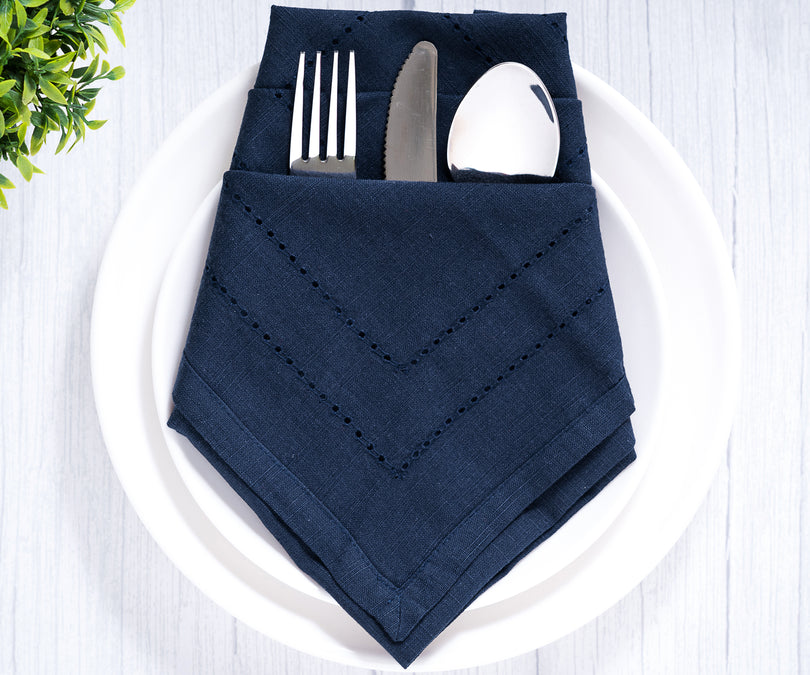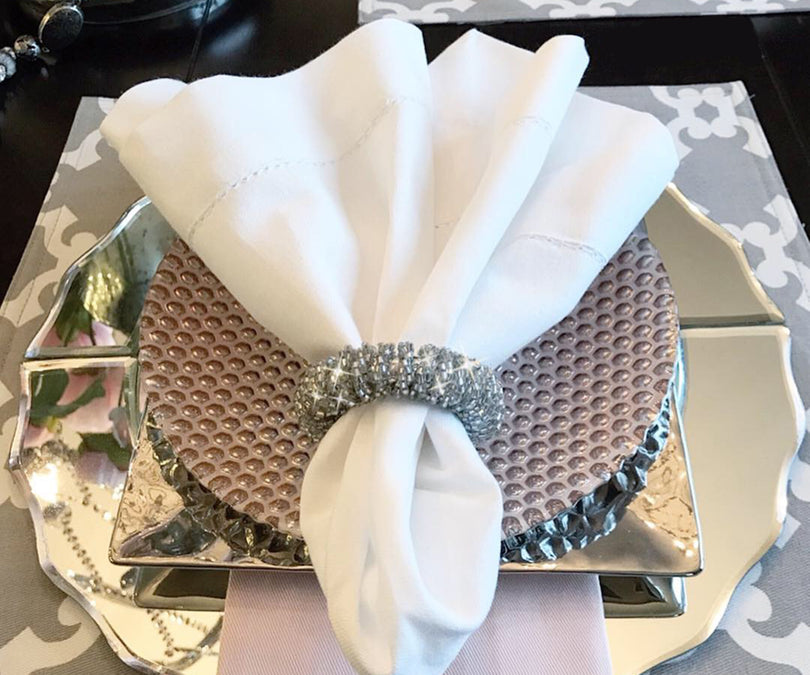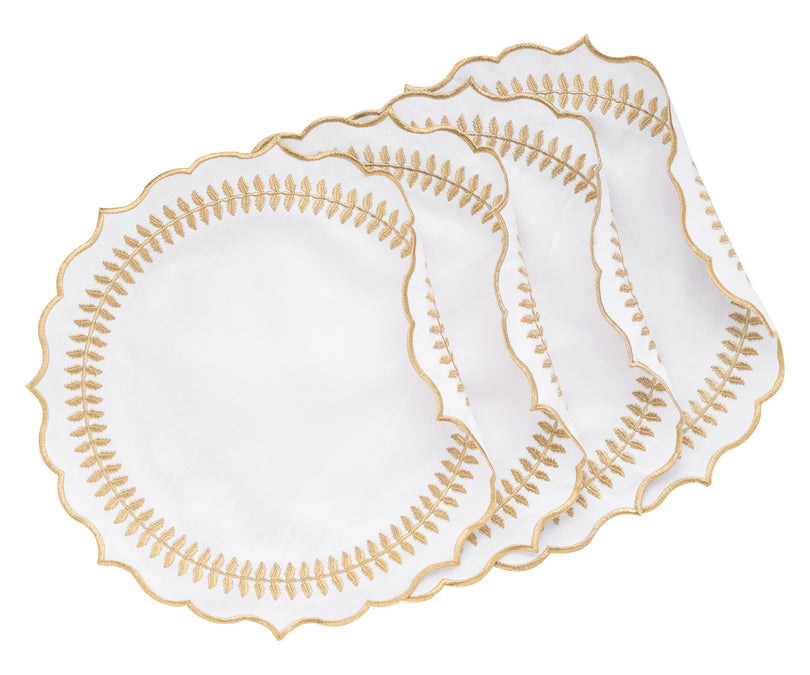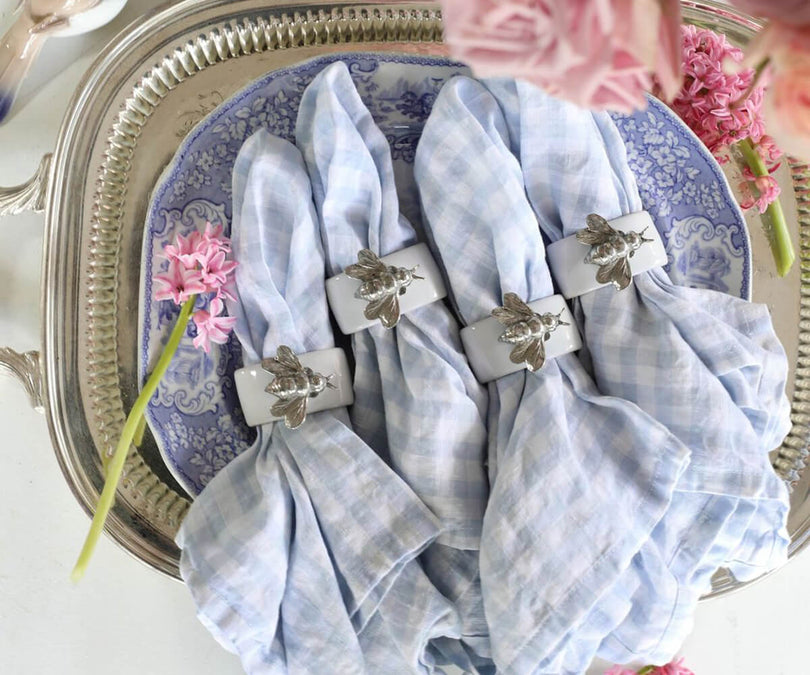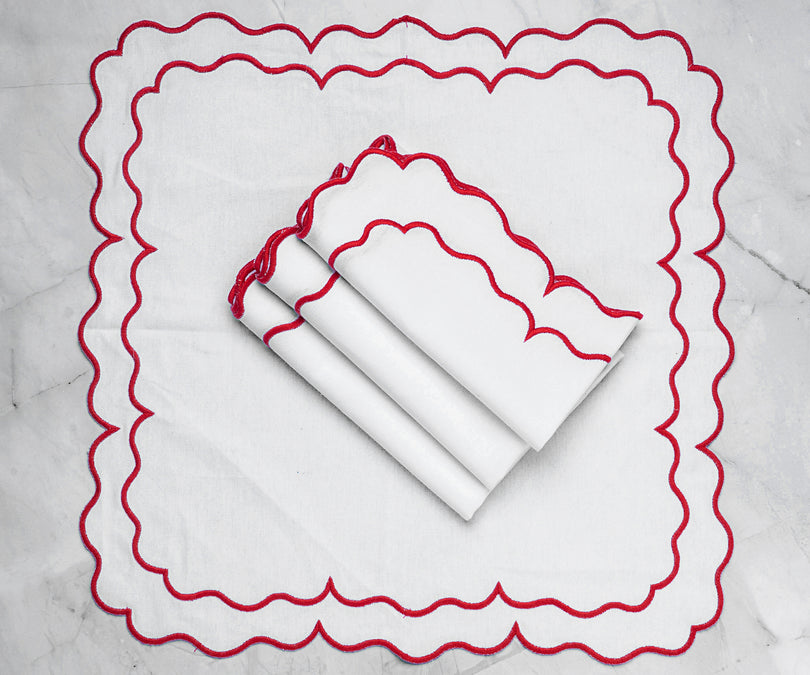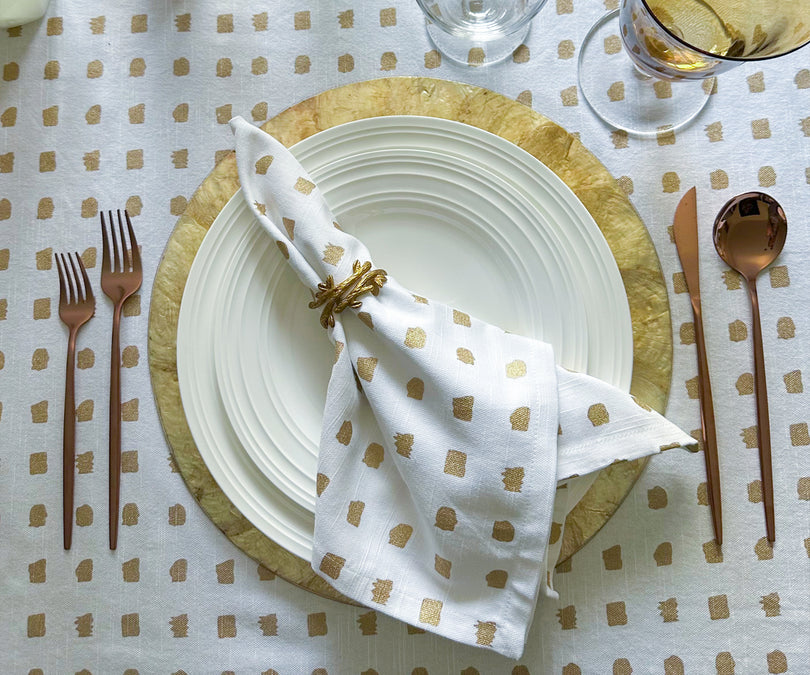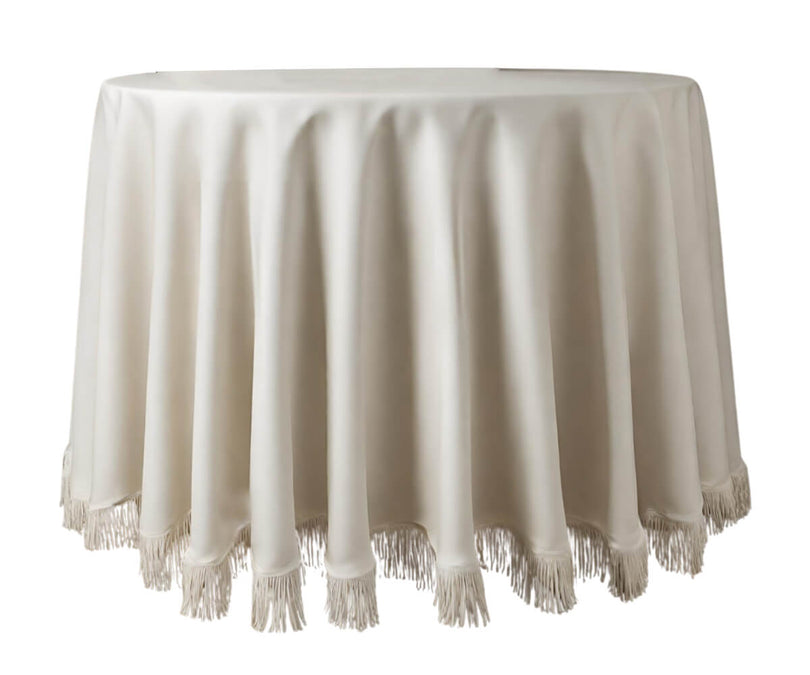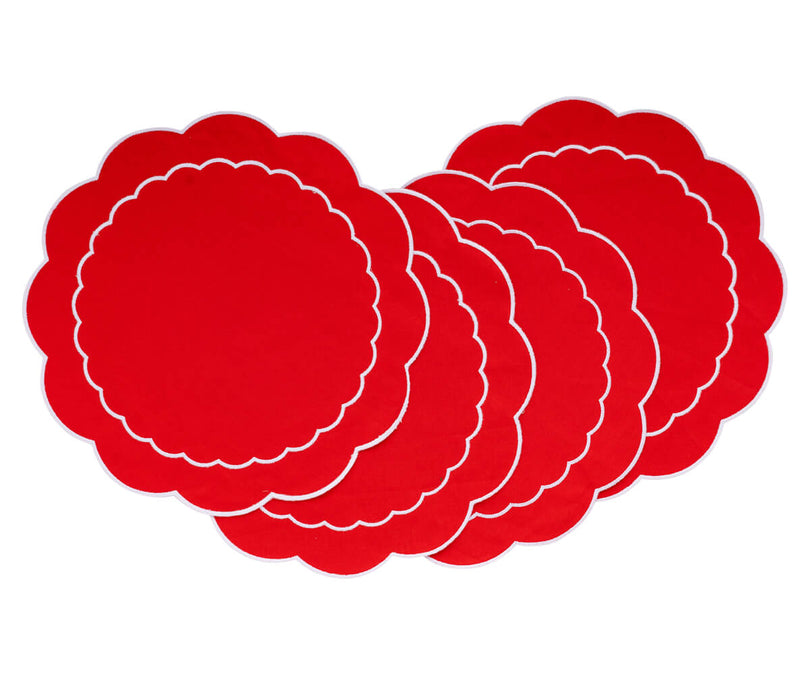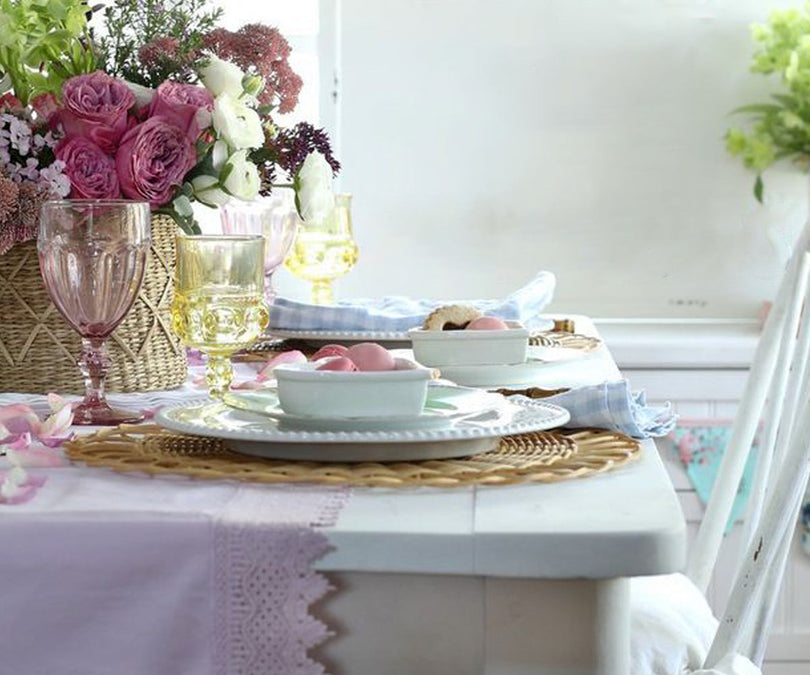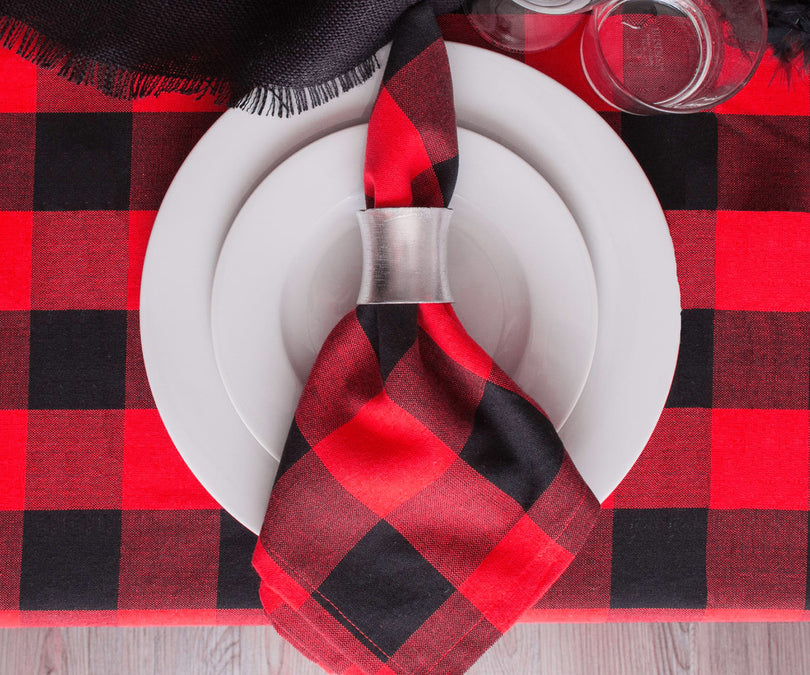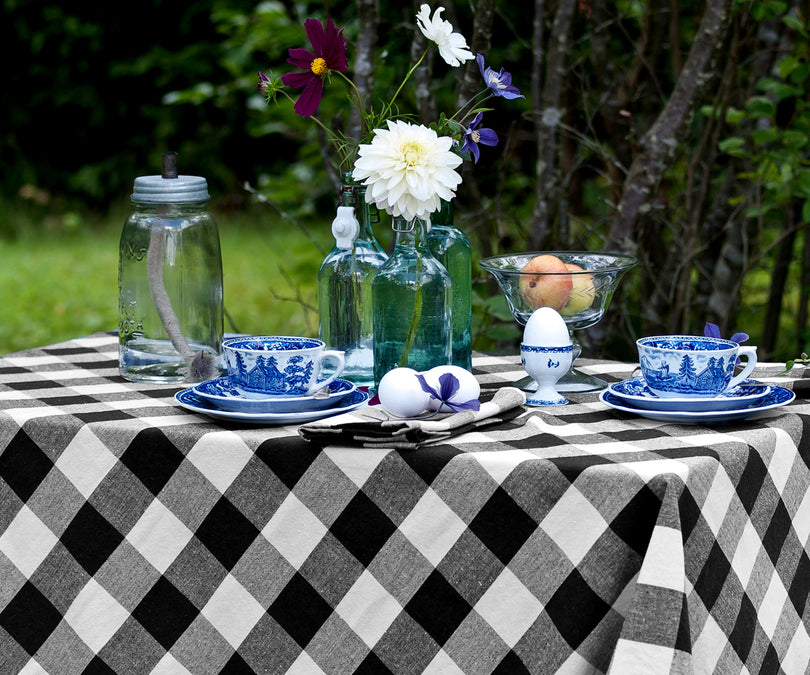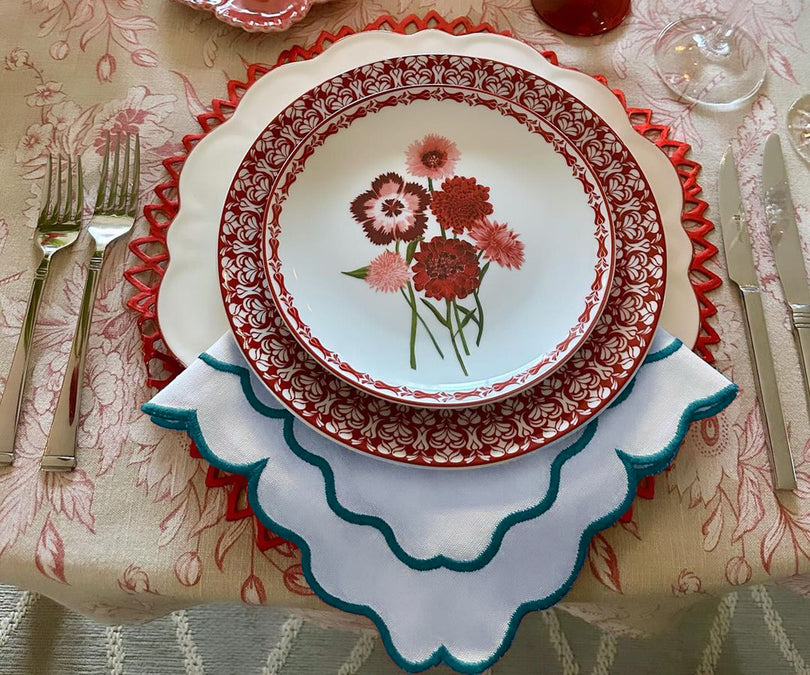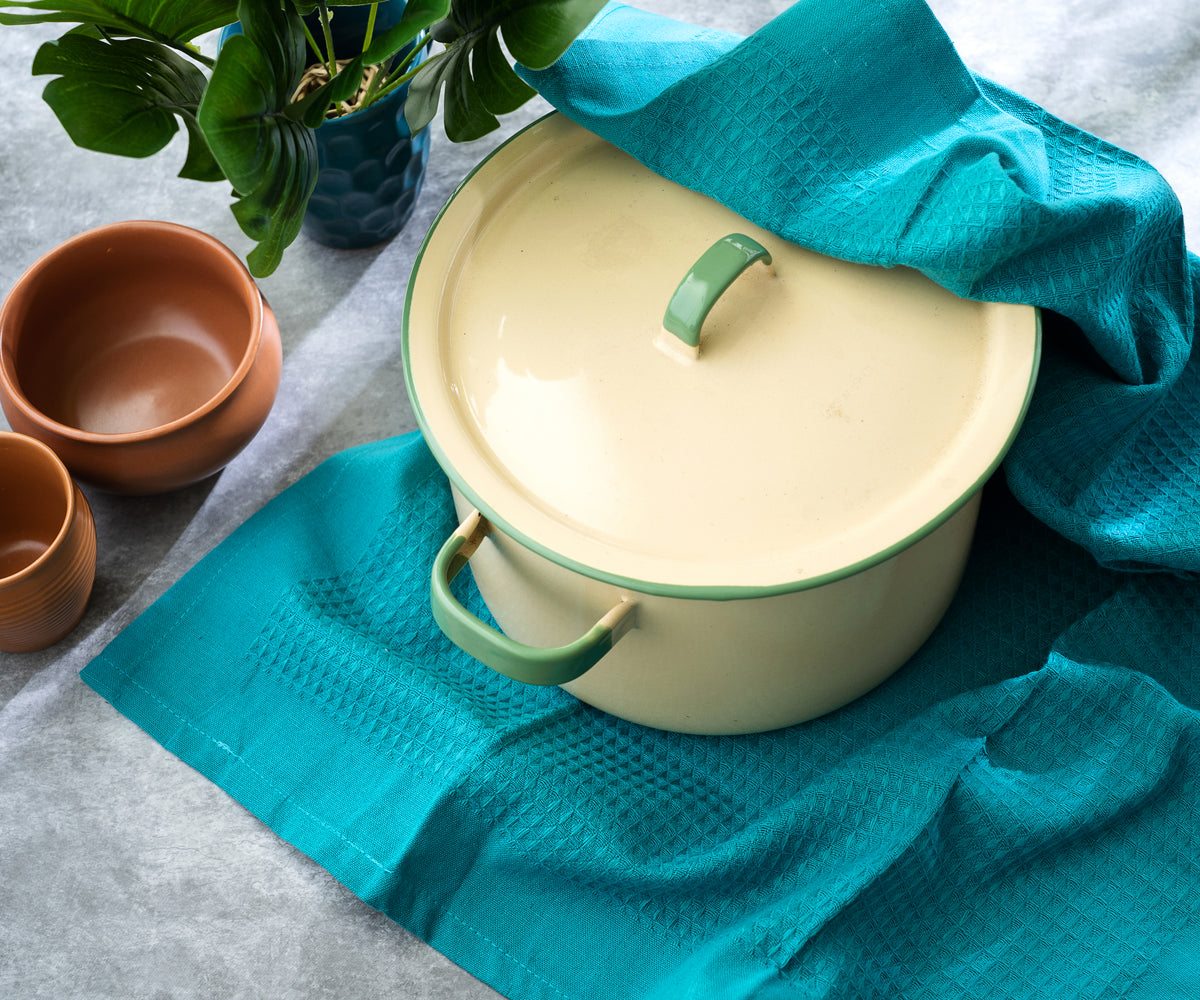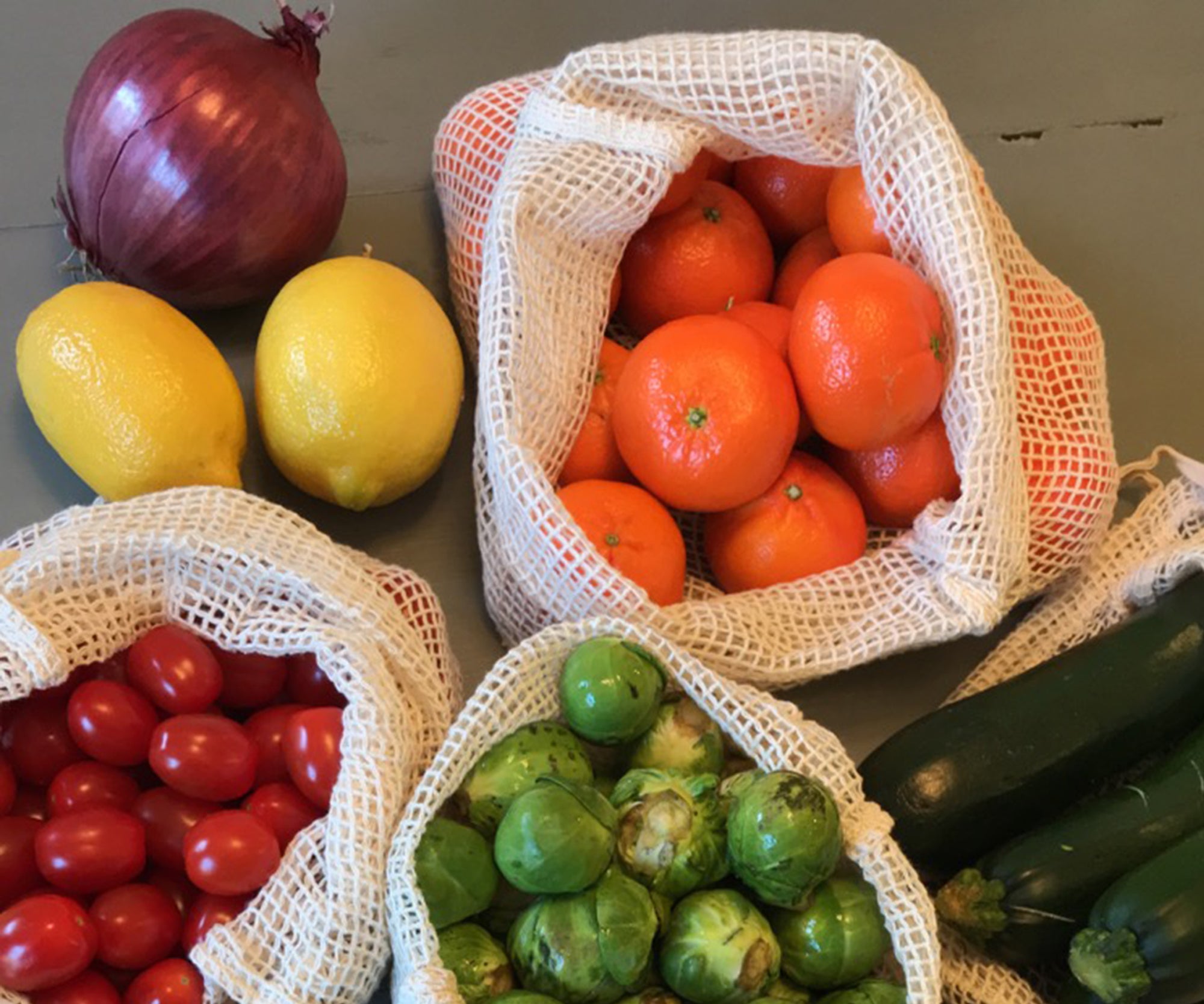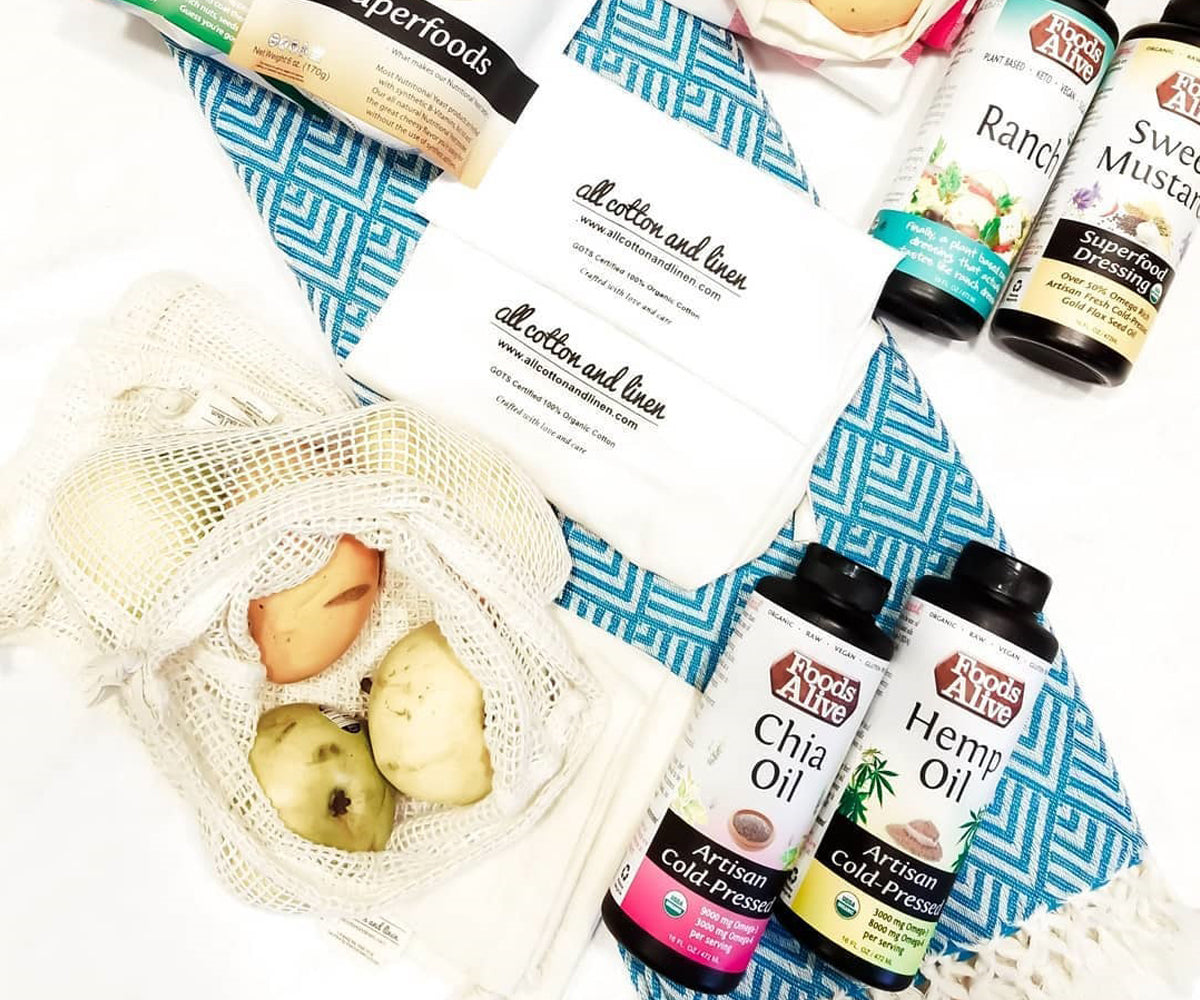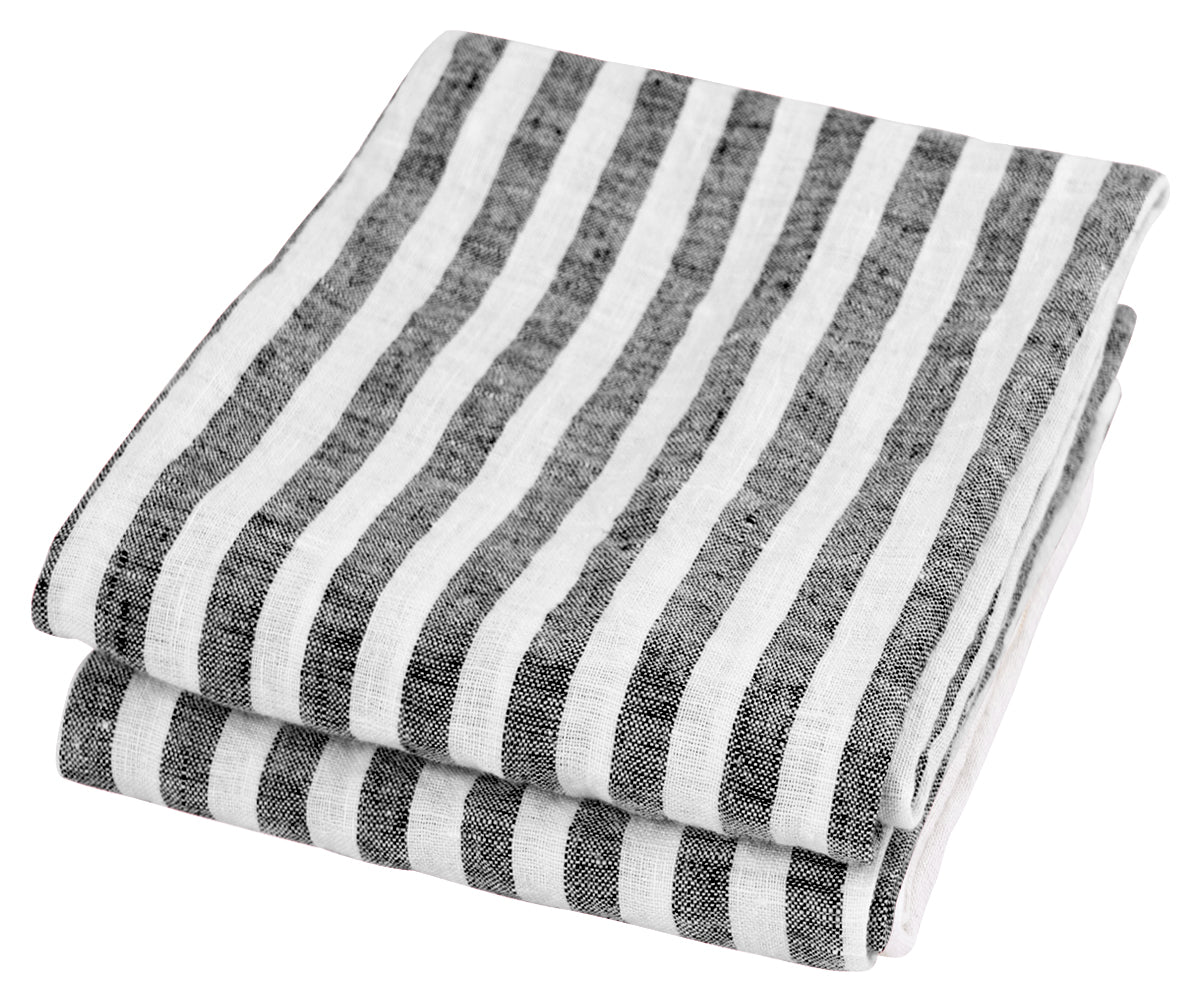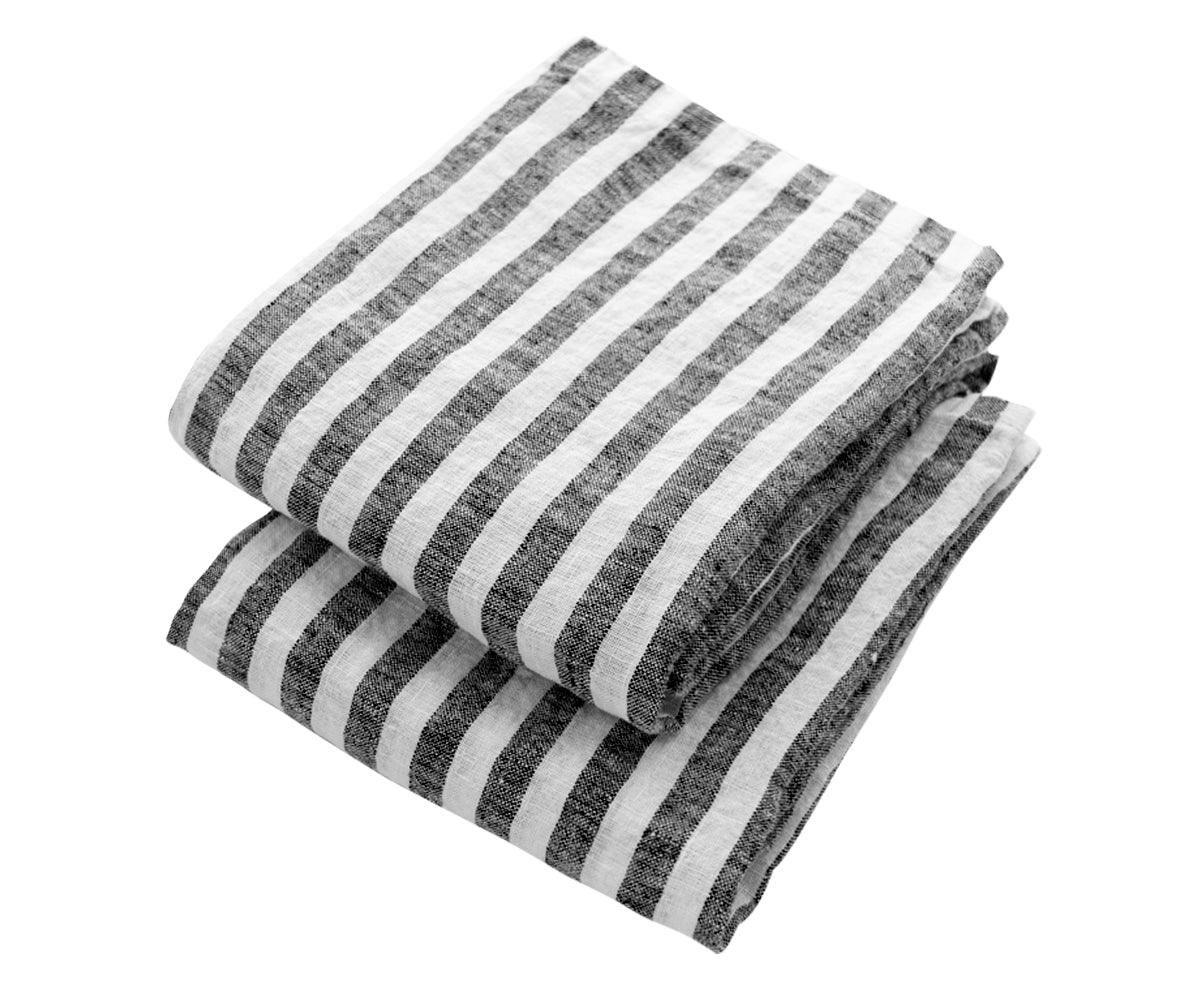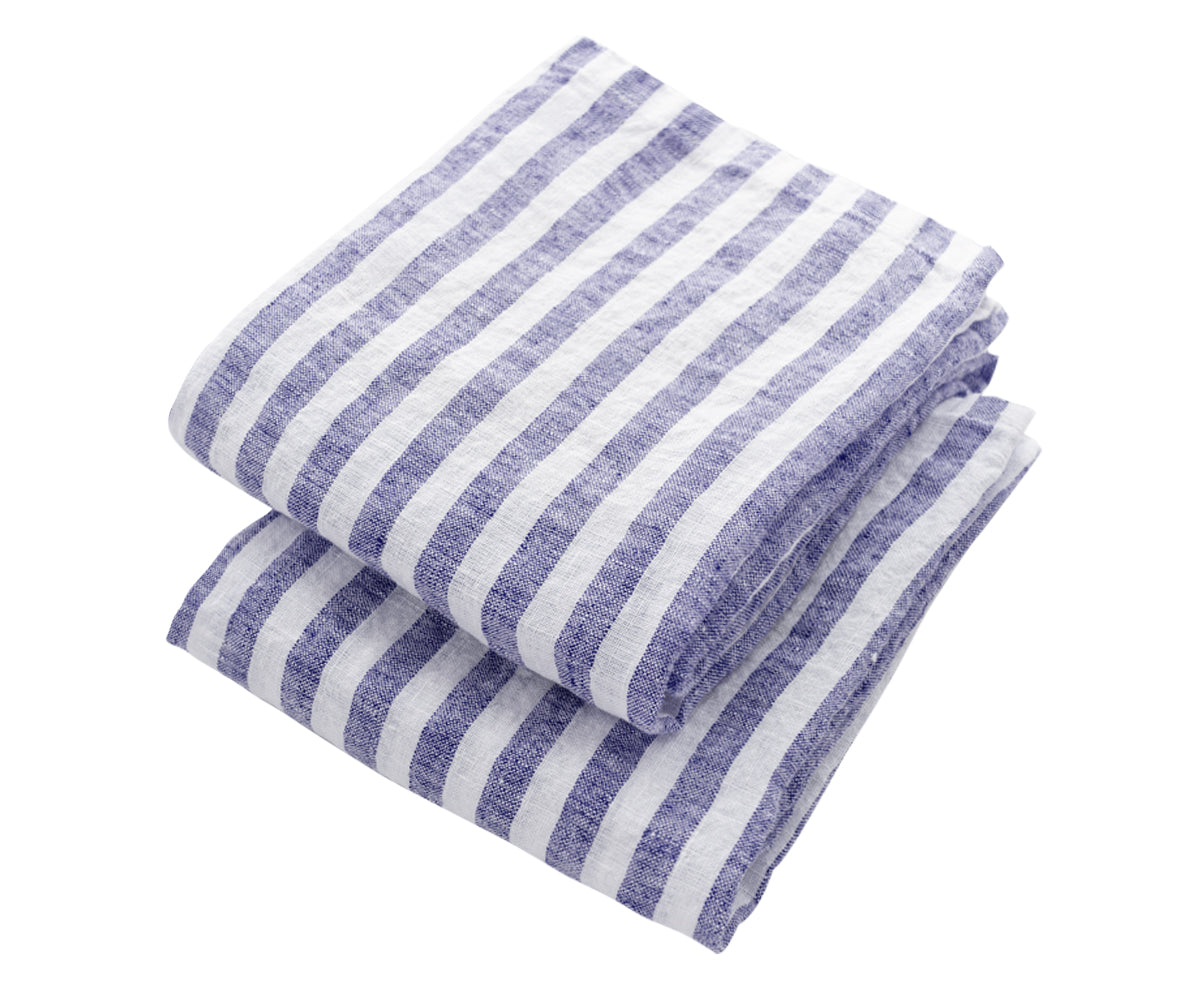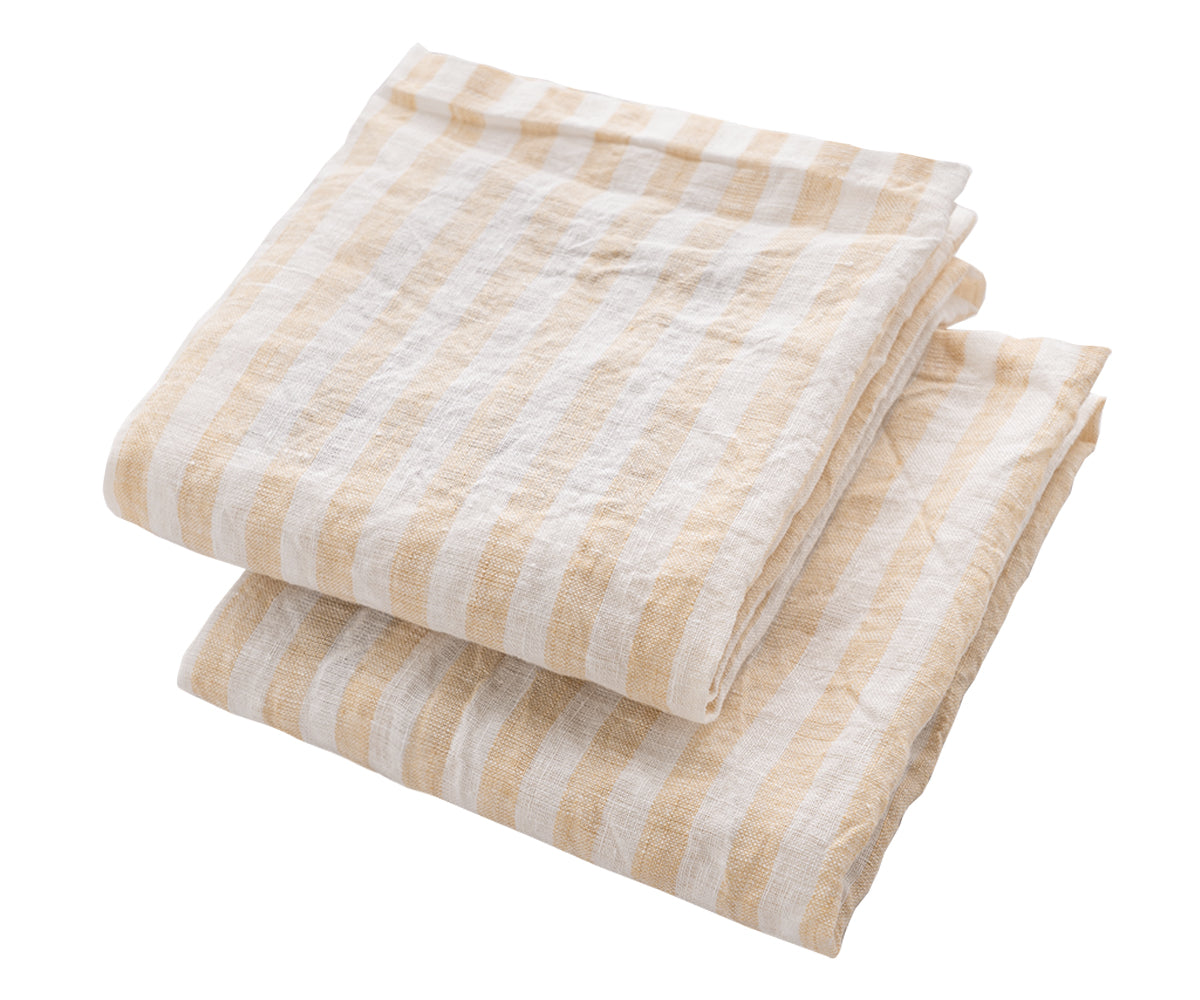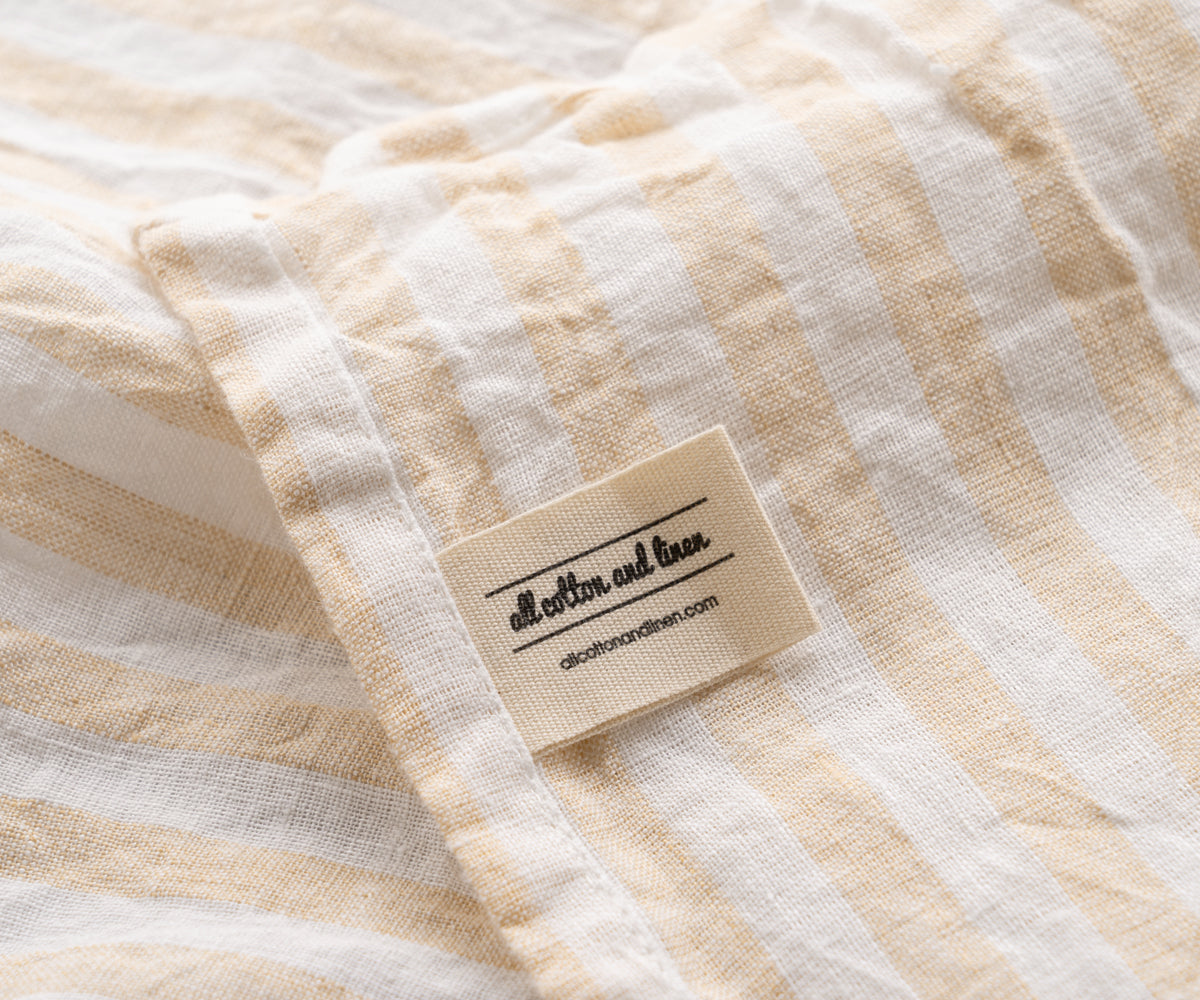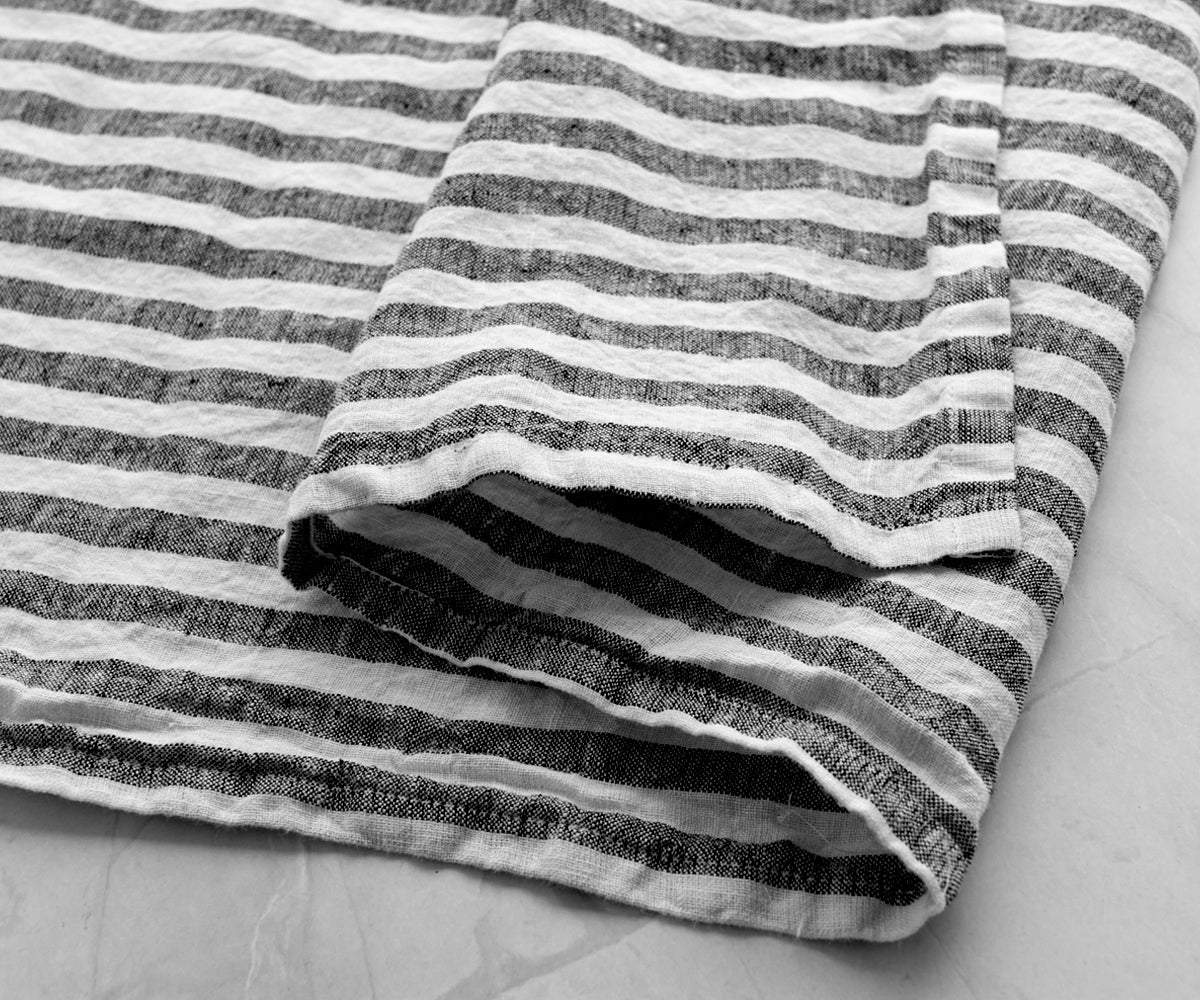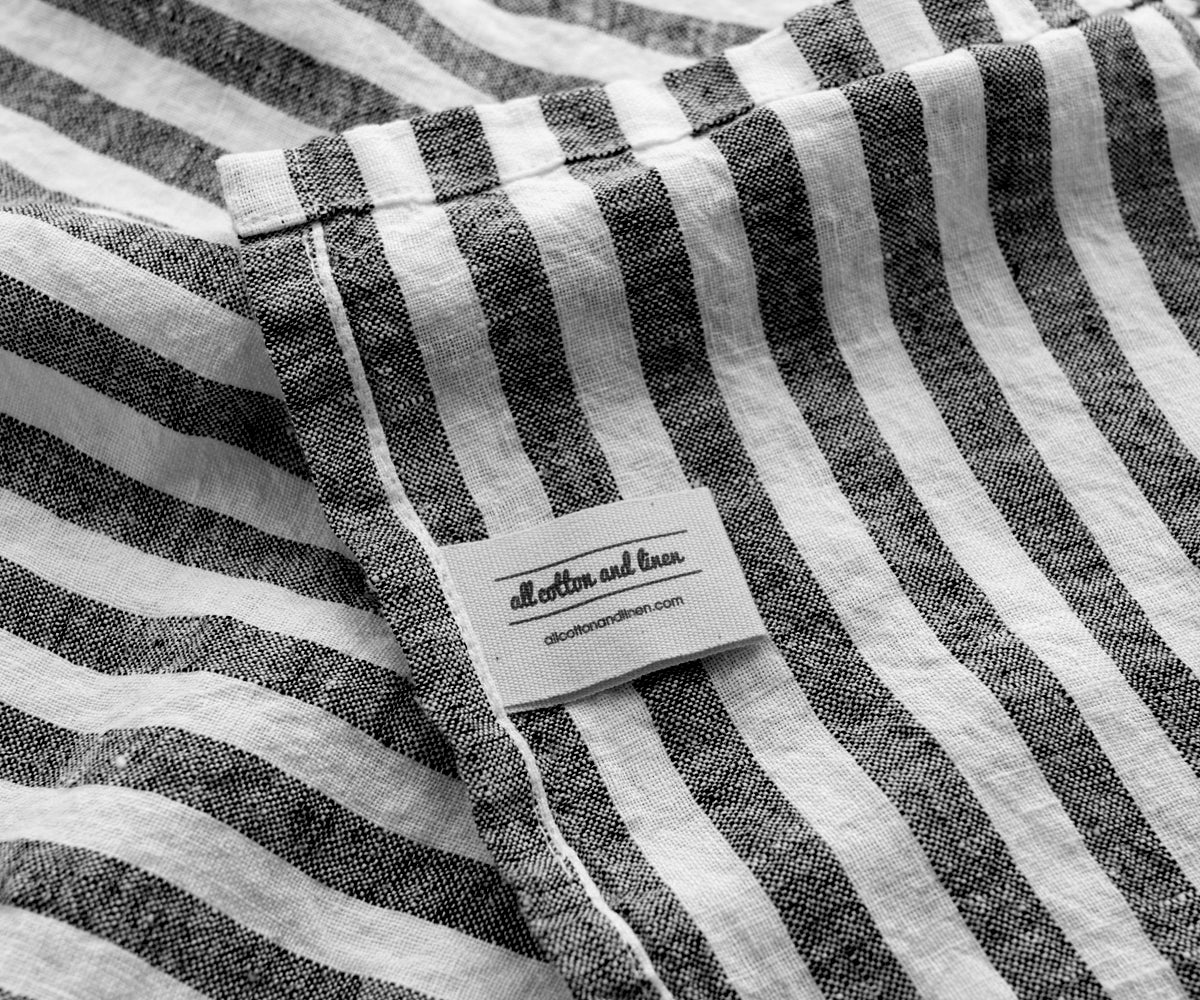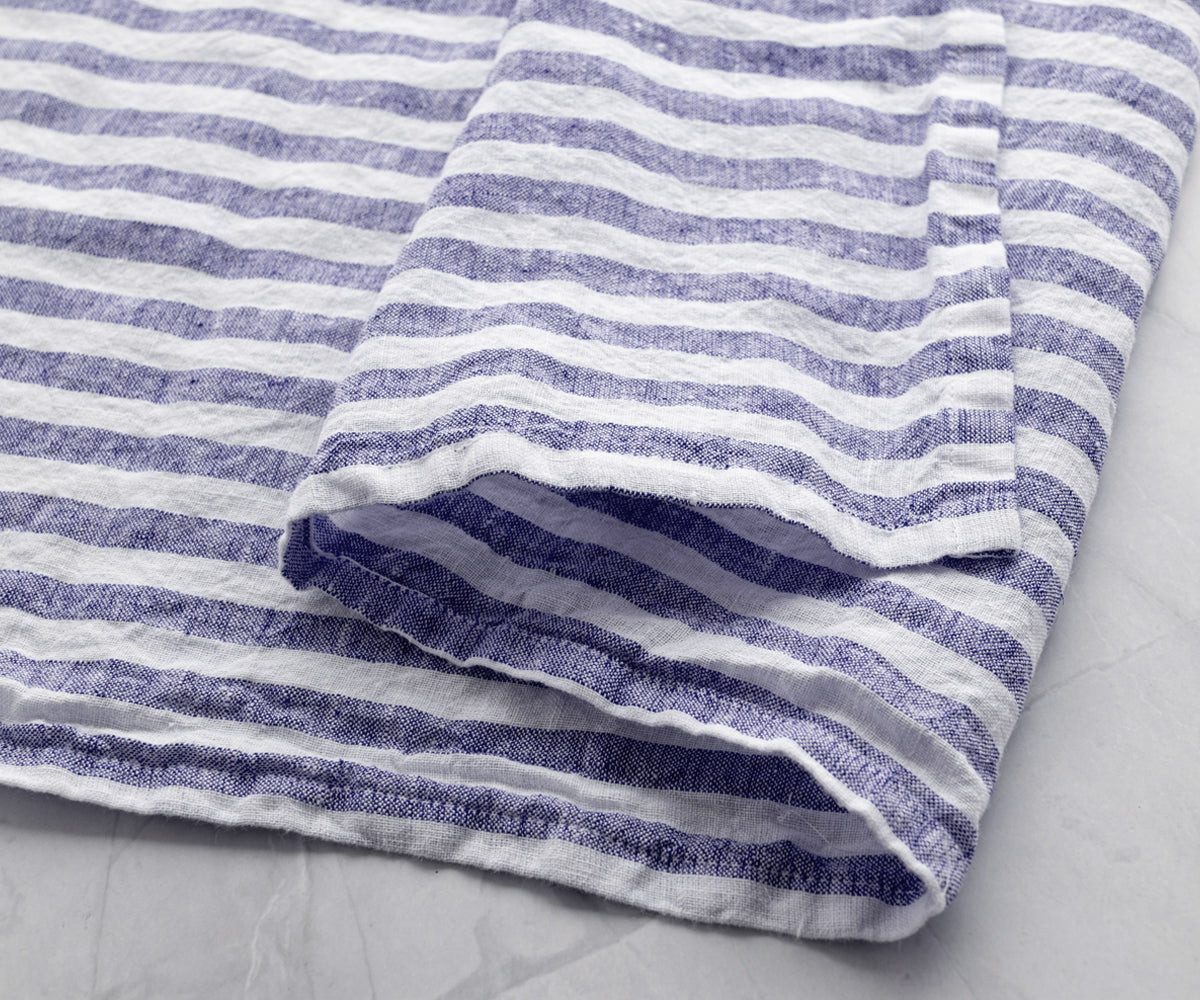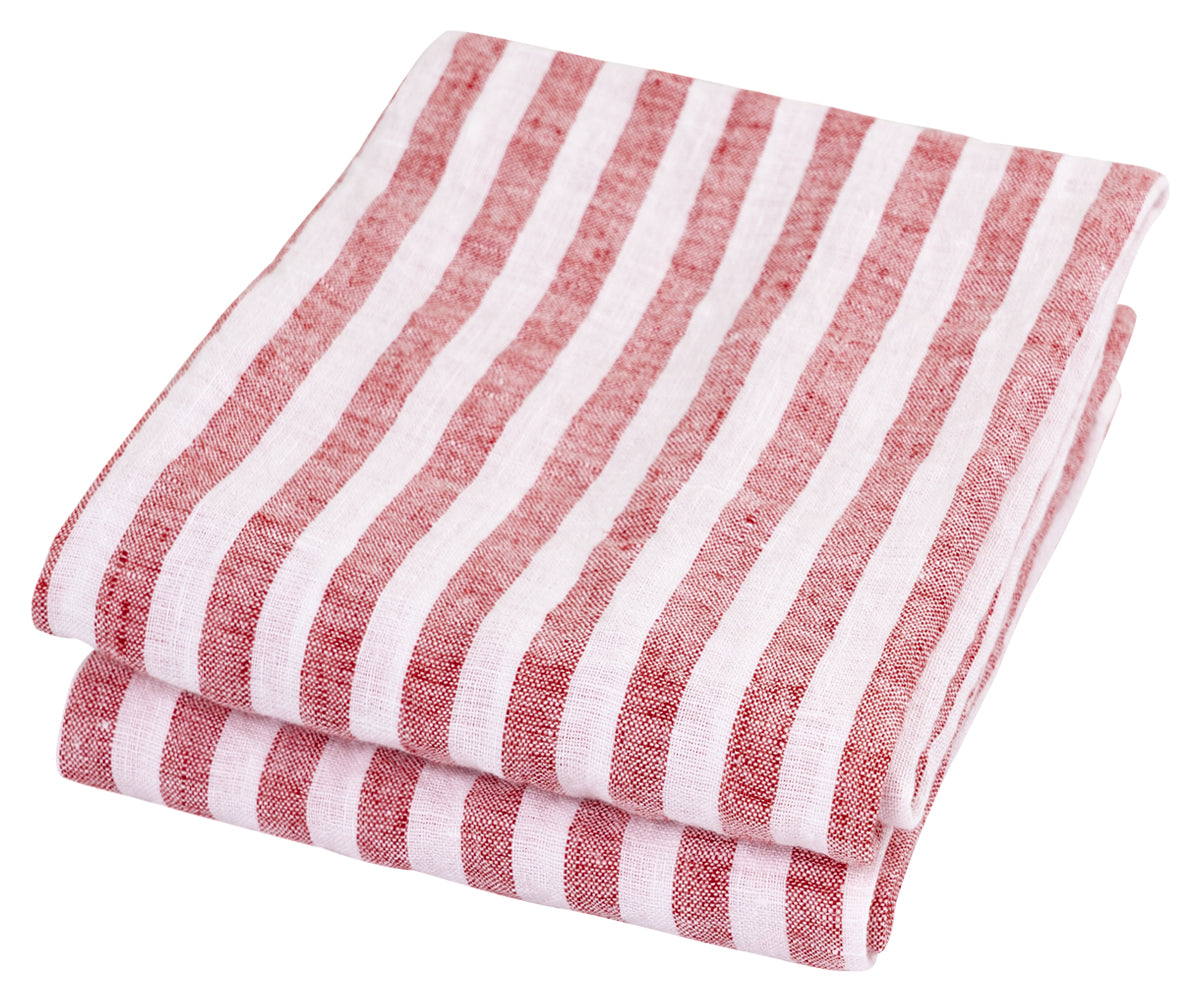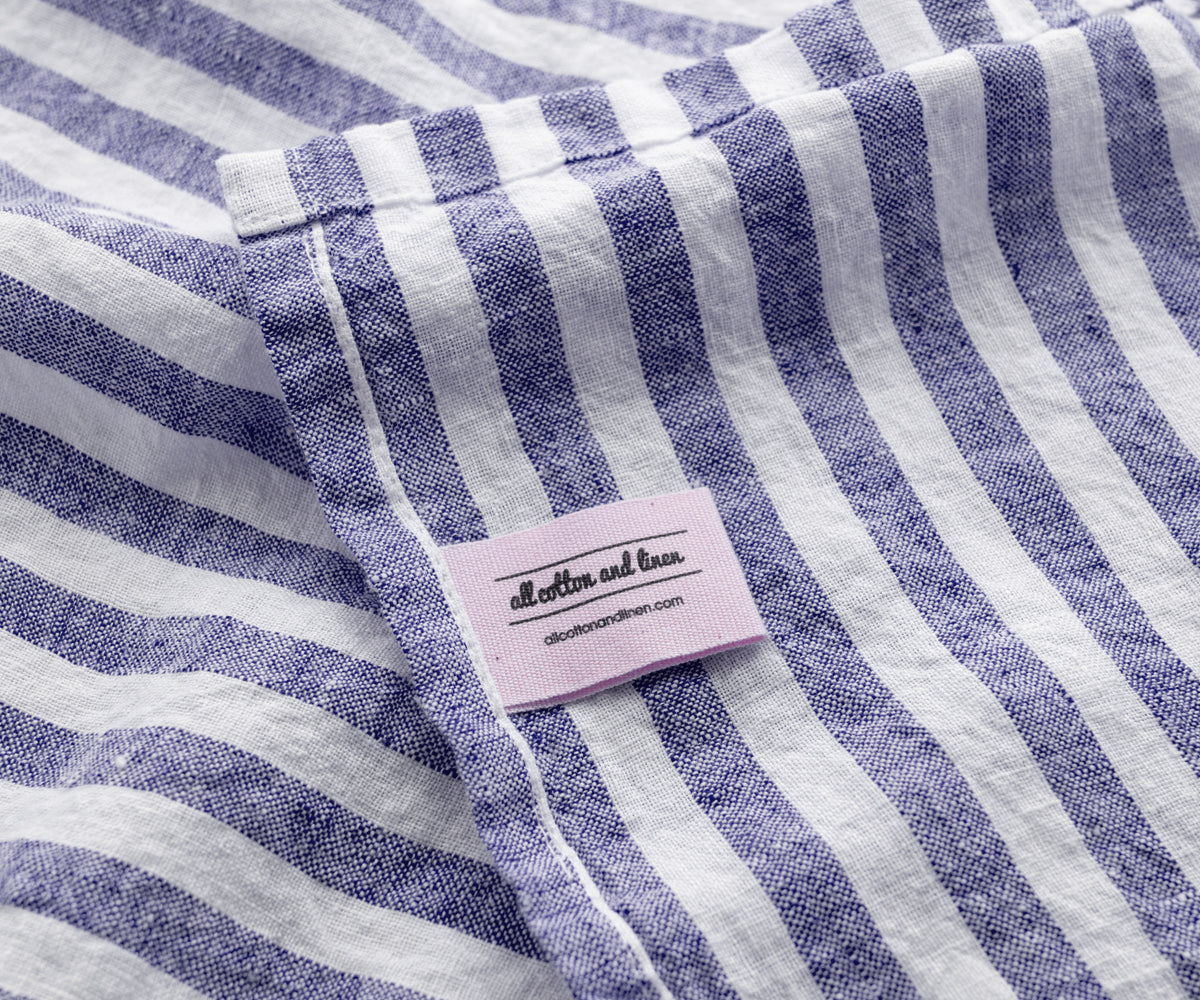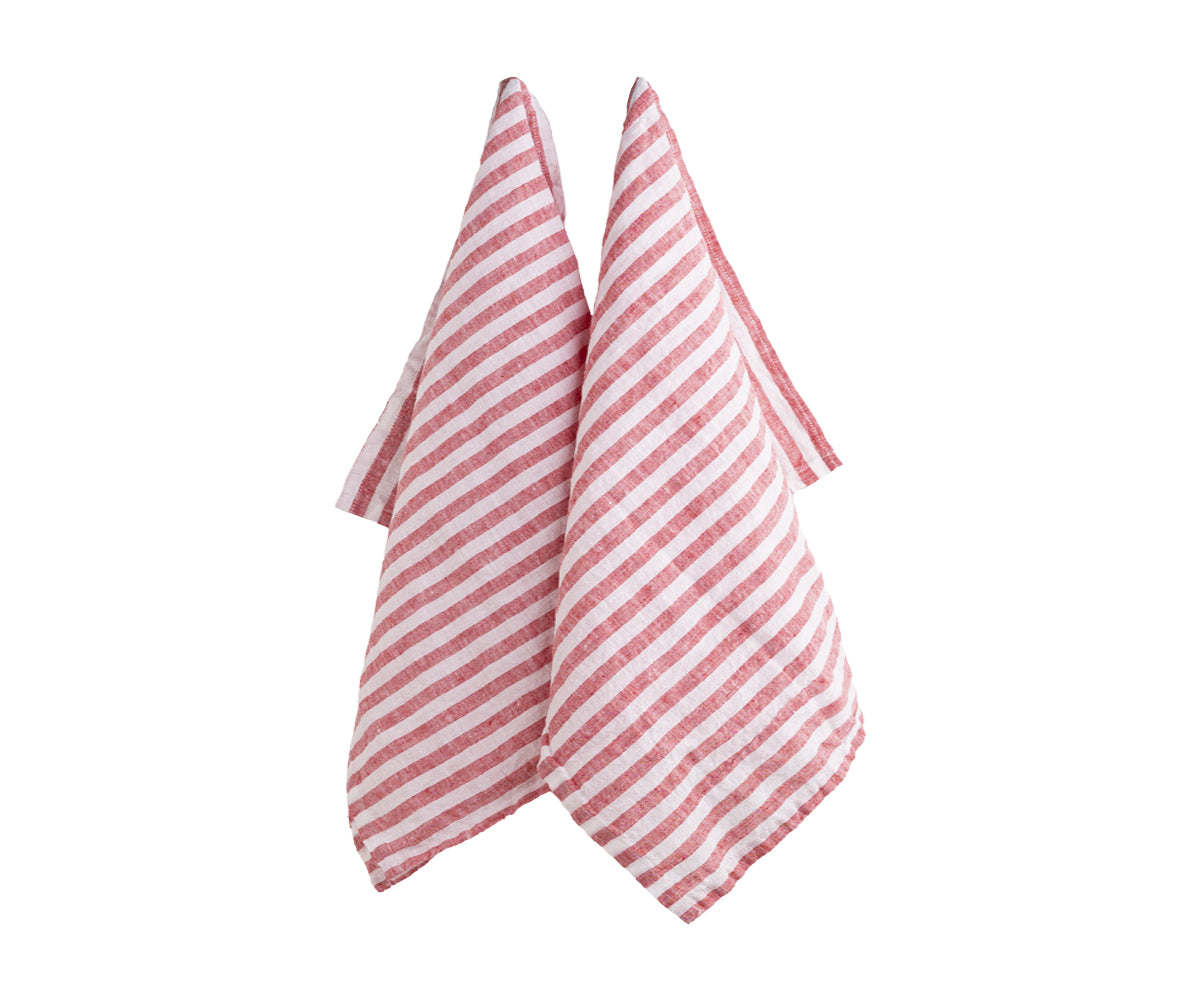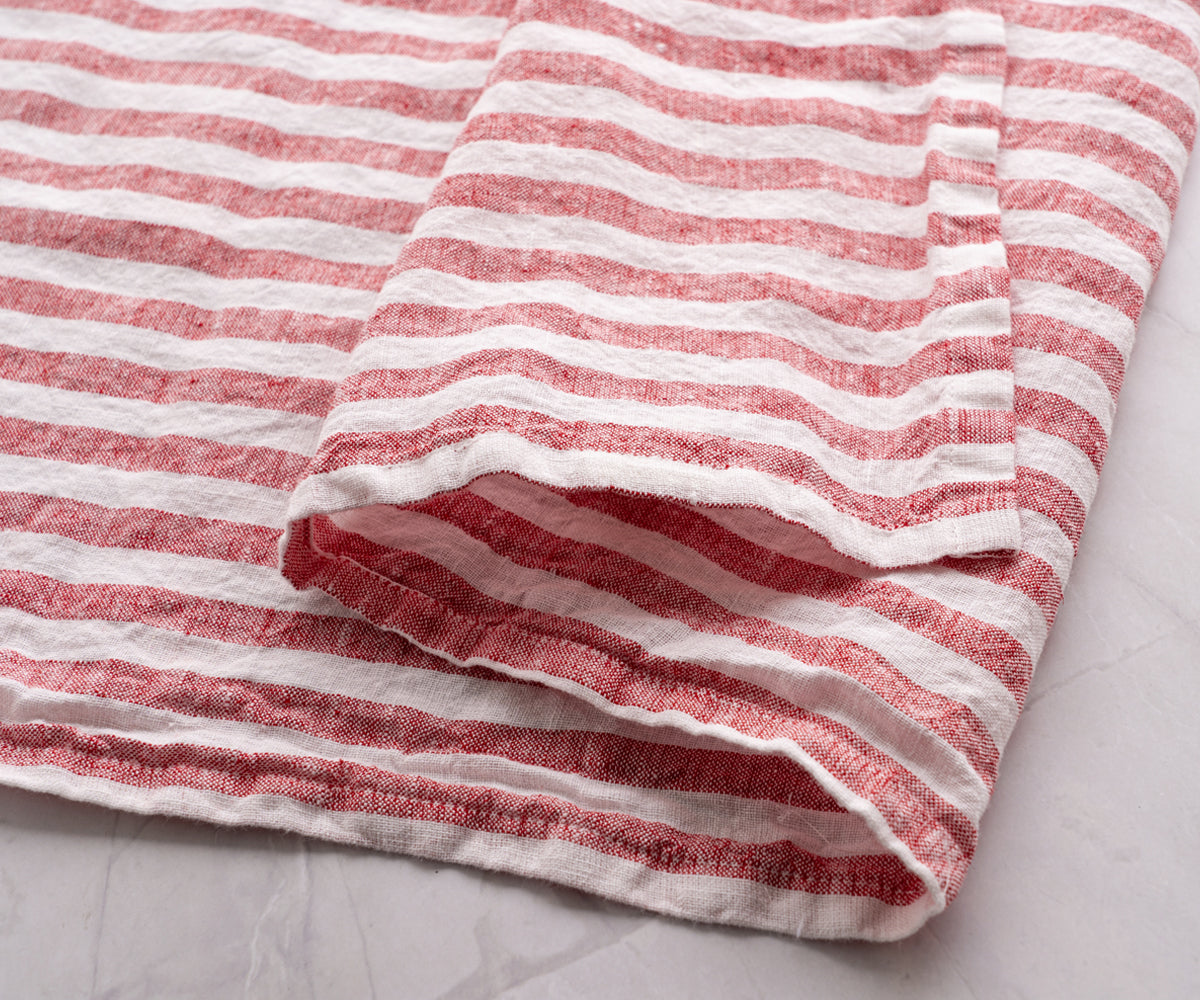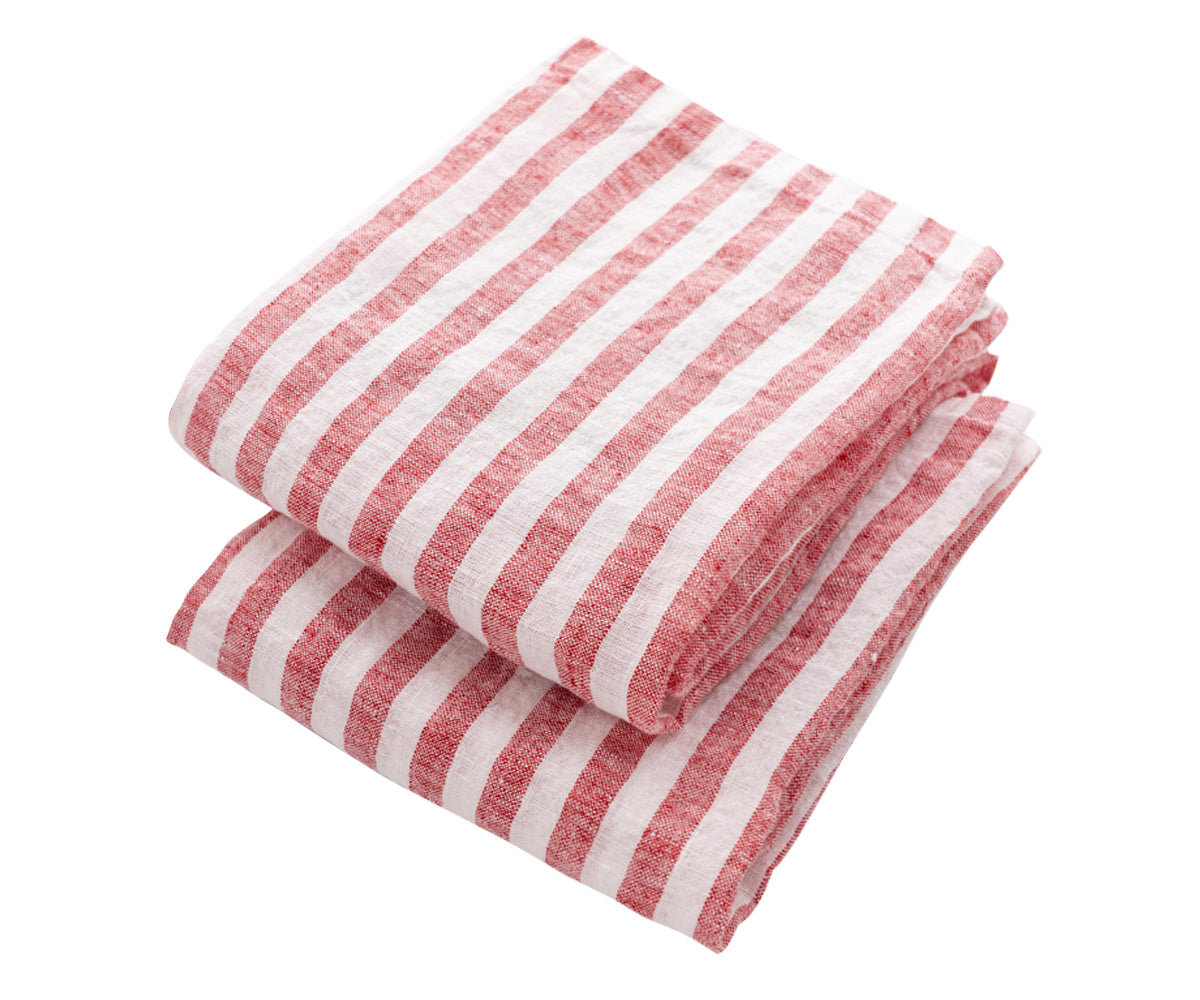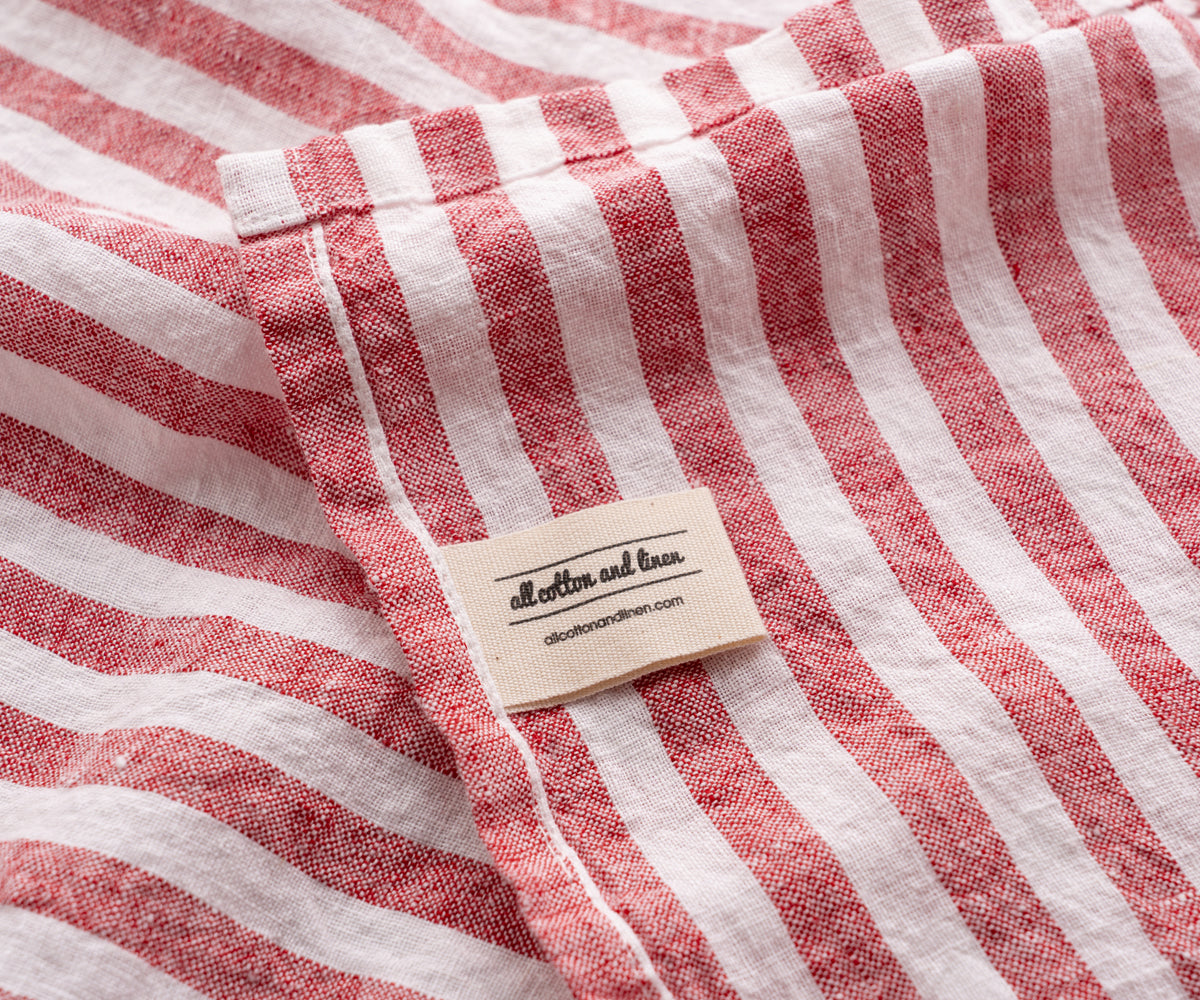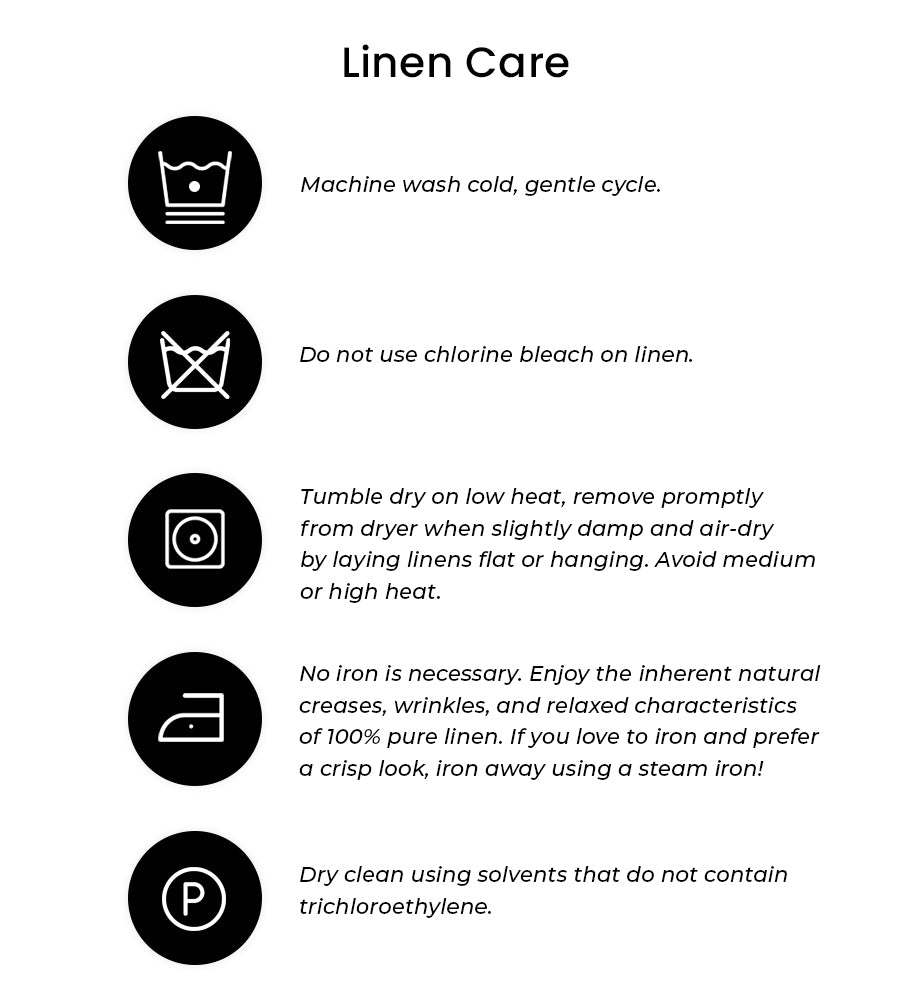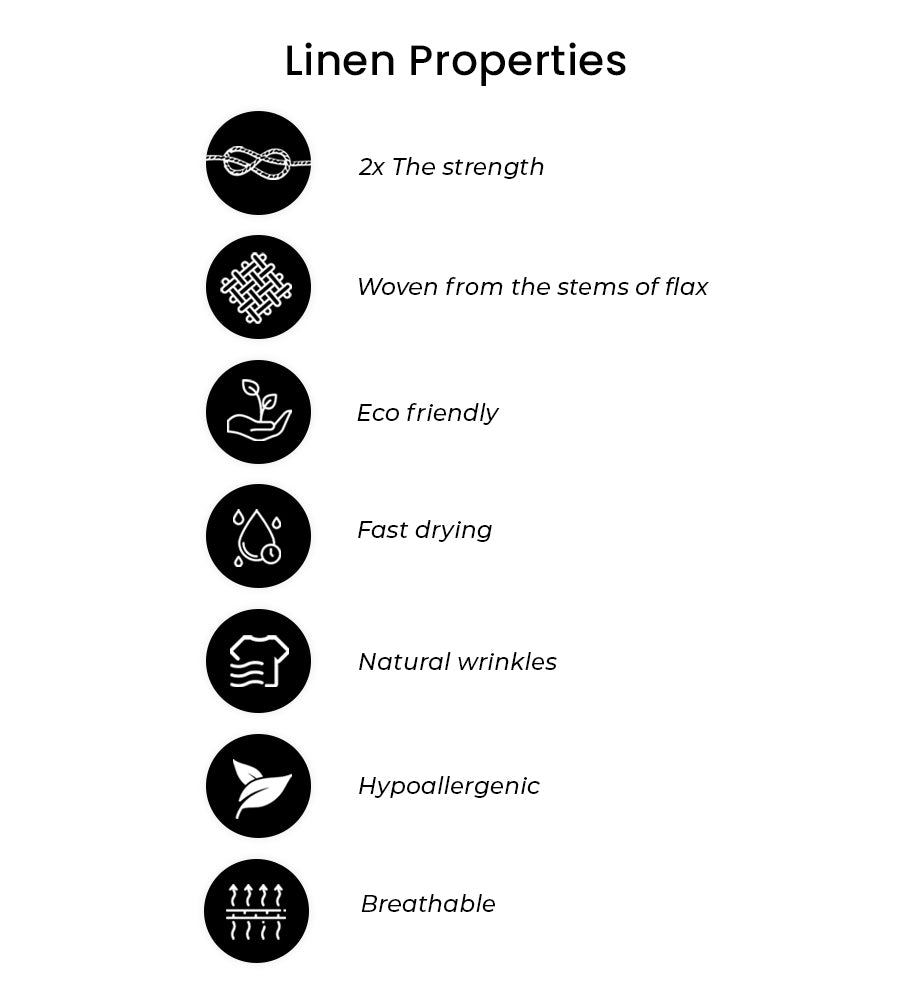
Is it safe to wash dish towels with regular laundry?
Dish towels can be washed with regular laundry, but there are some important considerations to keep in mind:
1. Separate by Color: Just like with any laundry, it's a good idea to separate your dish towels by color. White hand towels can be washed together, while colored or decorative dish towels should be grouped separately to prevent color bleeding.
 2. Temperature Matters: To thoroughly clean your kitchen dish towels, wash them in hot water. Hot water helps to remove grease and food residues effectively. However, check the care instructions on your towels, as some may recommend cooler temperatures.
2. Temperature Matters: To thoroughly clean your kitchen dish towels, wash them in hot water. Hot water helps to remove grease and food residues effectively. However, check the care instructions on your towels, as some may recommend cooler temperatures.
Maintaining Absorbent Dish Towels
The absorbency of your kitchen hand towels is crucial for their effectiveness. Here are some tips to maintain their absorbency:
- Avoid Excessive Fabric Softeners: As mentioned earlier, fabric softeners can reduce absorbency. Use them sparingly or not at all.
- Regularly Sanitize: A kitchen hand towels can harbor bacteria. To keep them hygienic, add a cup of white vinegar to the wash to help sanitize and deodorize.
- Rotate Your Towels: Have a set of kitchenaid dish towels on rotation, so you're not using the same one repeatedly between washes.
- Dry Properly: Ensure your dish towels are thoroughly dried after each use. Hanging them to air dry is a good practice to prevent musty odors.

Choosing the Right Dish Towels
If you're in the market for new dish towels, consider the following factors:
- Material: Linen towels are known for their absorbency, but cotton is also popular for its durability and softness. Select a material that suits your needs.
- Absorbency: Choose the most absorbent dish towels to handle even the toughest spills in the kitchen.
- Style: Adding striped dish towels or decorative dishtowels to your kitchen can bring a personal touch. Select a style that complements your kitchen decor.
Washing dish towels with regular laundry is okay, but you should follow the above guidelines to ensure they're clean and effective. Separating by color, using appropriate detergent, and avoiding fabric softeners are key steps in caring for your kitchen towels. Additionally, consider the material and absorbency when choosing new towels to ensure they meet your needs. With proper care, your dish towels will continue to serve you well in the kitchen.
